Daily Habits That Naturally Keep Blood Pressure in Check
This isn't about fleeting fads or quick fixes. We've expanded our guide of life-changing habits, a roadmap to daily practices that can transform your blood pressure and your overall well-being. From simple dietary tweaks to mindful movement, these strategies work in harmony with your body, promoting resilience and vitality. Join us as we delve into these practical, evidence-based approaches, and discover how to take control of your health, one powerful habit at a time.
1. The Power of Nutrition
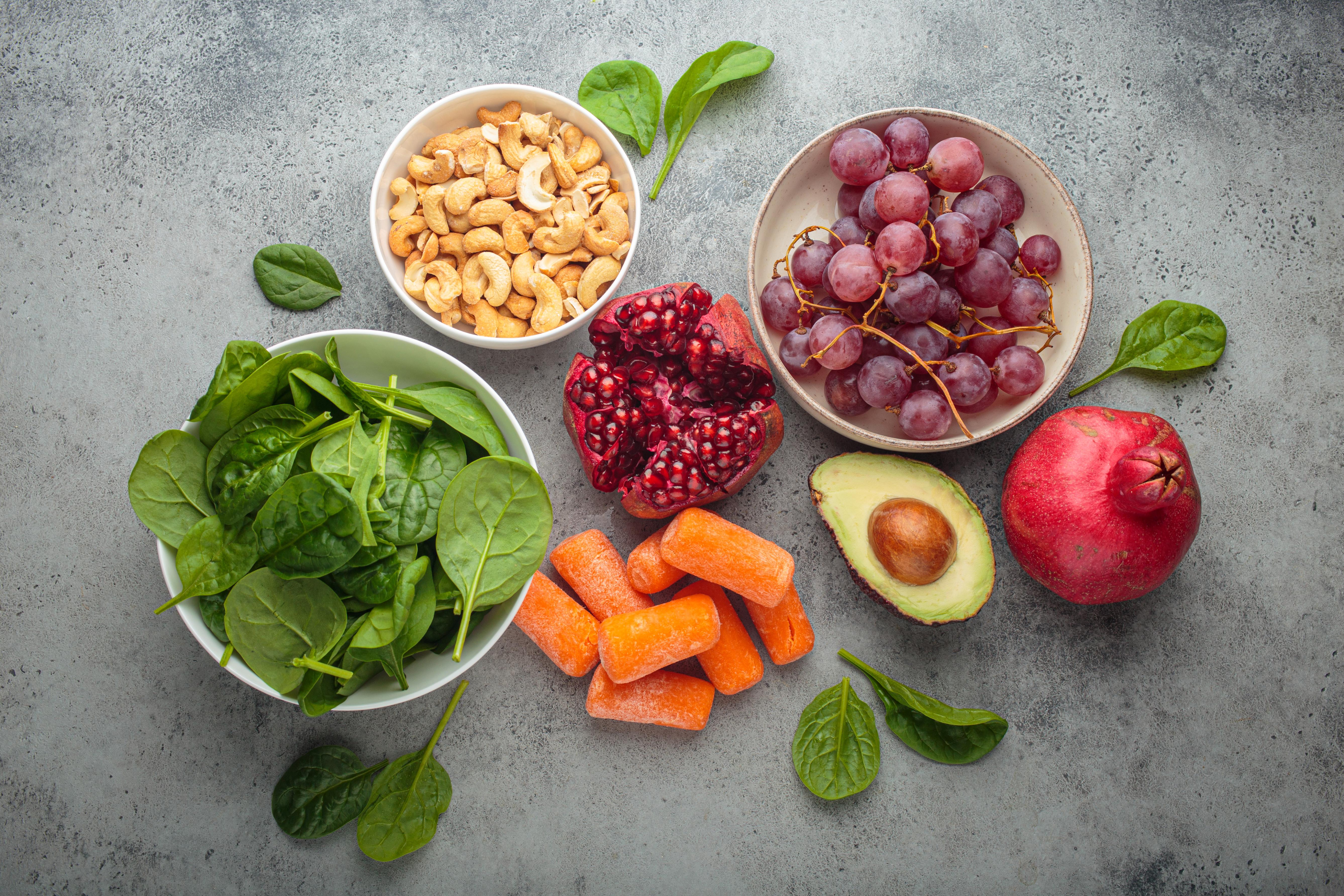
Nutrition plays a pivotal role in managing blood pressure. A diet rich in fruits, vegetables, whole grains, and lean proteins can significantly lower hypertension. The DASH (Dietary Approaches to Stop Hypertension) diet is a prime example, emphasizing foods high in potassium, calcium, and magnesium, which are known to help control blood pressure. Reducing sodium intake is equally important, as excessive salt can lead to fluid retention and increased blood pressure. Opting for fresh foods over processed ones can naturally decrease sodium consumption. Additionally, incorporating foods high in omega-3 fatty acids, such as fish and flaxseeds, can help reduce inflammation and improve heart health, further supporting blood pressure management.
2. Regular Physical Activity

Exercise is a cornerstone of healthy living, with profound effects on blood pressure. Regular physical activity strengthens the heart, enabling it to pump blood with less effort, thereby reducing the pressure on arteries. Engaging in at least 150 minutes of moderate aerobic exercise, such as brisk walking or cycling, each week can significantly lower blood pressure. Strength training exercises also contribute by improving overall cardiovascular health. The key is consistency; making physical activity a daily habit can lead to sustained benefits. Exercise also aids in weight management, which is crucial, as excess weight can increase the risk of hypertension.
3. Mindfulness and Stress Reduction

Chronic stress is a significant contributor to high blood pressure. The body's stress response increases heart rate and constricts blood vessels, temporarily elevating blood pressure. Over time, this can lead to sustained hypertension. Mindfulness practices, such as meditation, deep breathing exercises, and yoga, have been shown to reduce stress levels and promote relaxation. These practices encourage a state of calm, helping to lower heart rate and blood pressure. Incorporating mindfulness into daily routines can provide a mental reset, reducing the impact of stressors and contributing to overall cardiovascular health.
4. Sleep: The Unsung Hero

Quality sleep is essential for maintaining healthy blood pressure. During sleep, the body undergoes processes that help regulate stress hormones and repair the heart and blood vessels. Poor sleep, or sleep disorders such as sleep apnea, can disrupt these processes, leading to increased blood pressure. Establishing a regular sleep schedule, creating a restful environment, and practicing good sleep hygiene can improve sleep quality. This includes limiting screen time before bed, avoiding caffeine in the afternoon, and ensuring the bedroom is dark and quiet. Prioritizing sleep not only supports blood pressure balance but also enhances overall health and well-being.
5. The Role of Hydration

Staying hydrated is crucial for maintaining blood pressure balance. Dehydration can cause blood vessels to constrict, leading to increased blood pressure. Drinking adequate amounts of water helps ensure that the blood remains fluid and the heart functions efficiently. While the exact amount of water needed can vary based on individual factors, a general guideline is to consume at least 8-10 glasses of water daily. It's also important to limit sugary and caffeinated beverages, which can contribute to dehydration. By prioritizing hydration, individuals can support cardiovascular health and maintain optimal blood pressure levels.
6. Limiting Alcohol and Caffeine
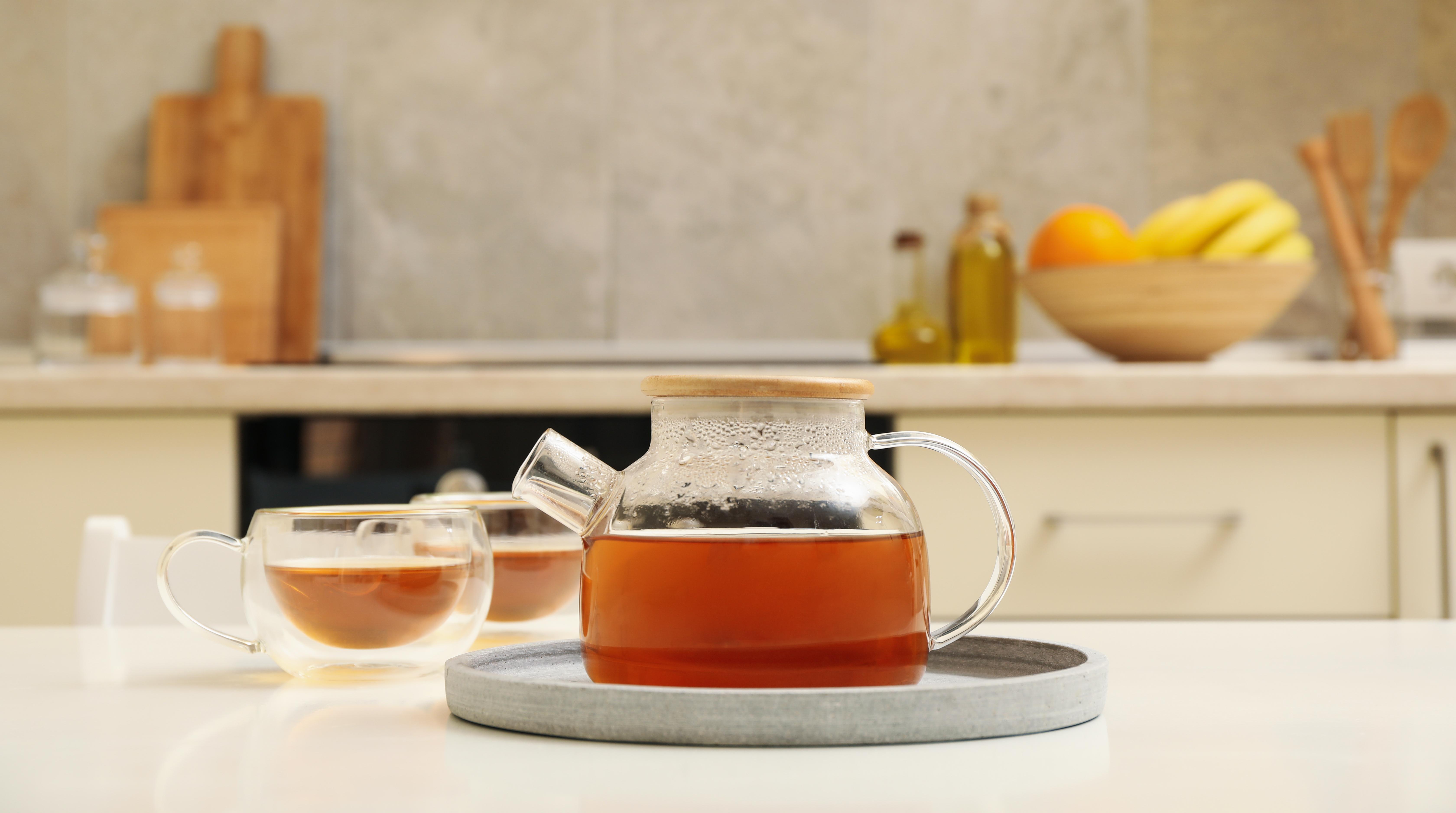
Both alcohol and caffeine can impact blood pressure. While moderate alcohol consumption may have some heart benefits, excessive intake can lead to hypertension. It's recommended to limit alcohol to no more than one drink per day for women and two for men. Caffeine, found in coffee, tea, and energy drinks, can cause short-term spikes in blood pressure. While some people are more sensitive to caffeine than others, it's wise to monitor its effects and limit intake if necessary. By moderating consumption of these substances, individuals can better manage their blood pressure and reduce related health risks.
7. Smoking Cessation

Smoking is a major risk factor for hypertension and cardiovascular disease. The chemicals in tobacco can damage blood vessels, leading to increased blood pressure and heart disease. Quitting smoking is one of the most effective ways to improve heart health and lower blood pressure. The benefits of quitting begin almost immediately, with blood pressure and heart rate starting to decrease within hours. Over time, the risk of heart disease and stroke significantly diminishes. Support for smoking cessation is widely available, including counseling, medications, and support groups, making it a viable goal for those seeking to improve their health.
8. Weight Management

Maintaining a healthy weight is crucial for blood pressure control. Excess body weight can increase the workload on the heart, leading to higher blood pressure. Even a small amount of weight loss can have a significant impact, reducing the strain on the heart and lowering blood pressure. A combination of a balanced diet and regular physical activity is the most effective strategy for weight management. Setting realistic goals and making gradual changes can lead to sustainable weight loss and improved health outcomes. By achieving and maintaining a healthy weight, individuals can significantly reduce their risk of hypertension and related complications.
9. Monitoring Blood Pressure
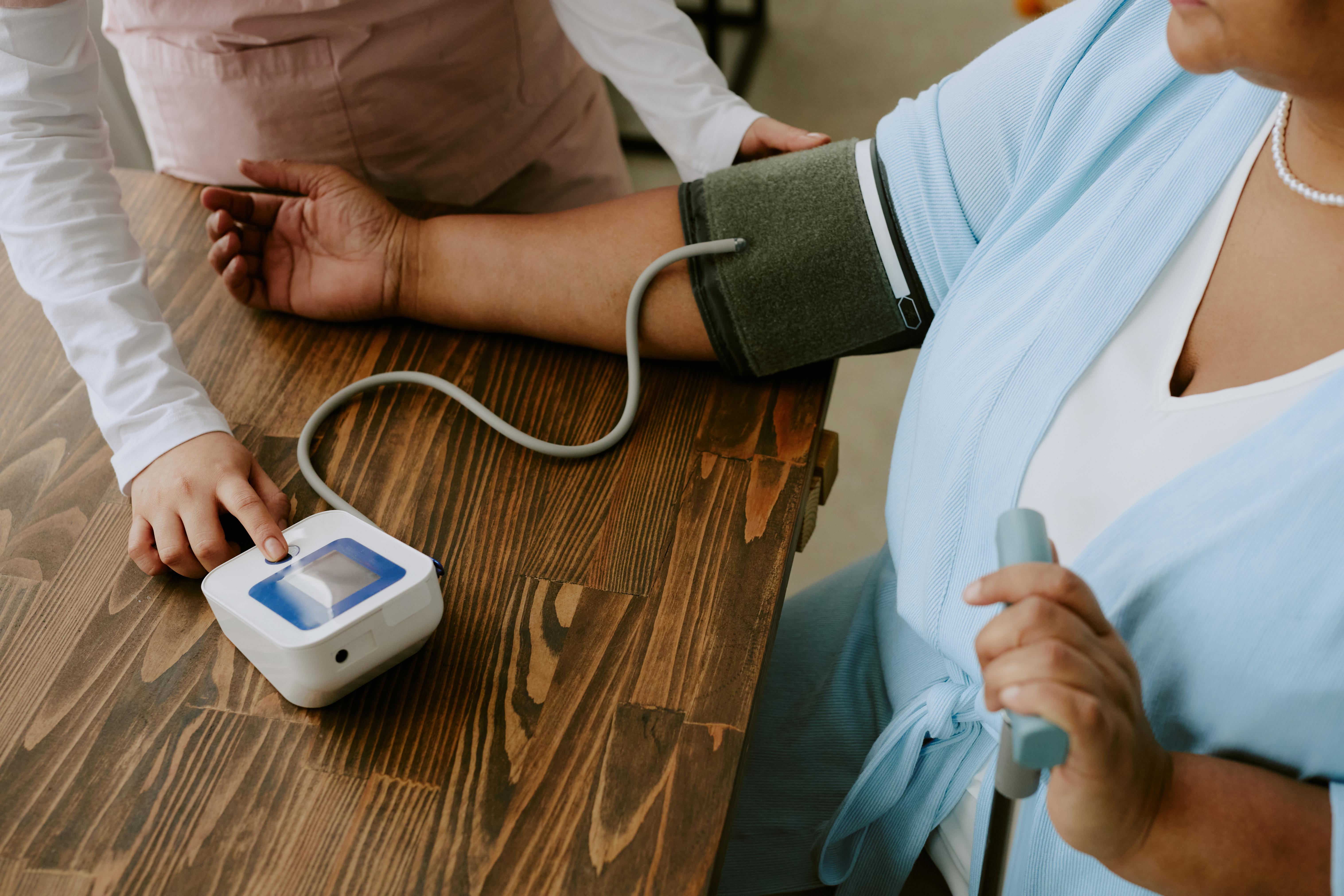
Regular monitoring of blood pressure is essential for effective management. Home blood pressure monitors are readily available and provide a convenient way to track blood pressure levels. Keeping a record of readings can help identify patterns and triggers, enabling individuals to make informed lifestyle changes. It's important to measure blood pressure at the same time each day, ideally in a relaxed state, to ensure consistency. Regular check-ups with a healthcare provider are also crucial, as they can provide additional insights and guidance. By staying informed about their blood pressure, individuals can take proactive steps to maintain balance and prevent complications.
10. Social Connections and Support

Strong social connections and support networks can positively impact blood pressure. Loneliness and social isolation have been linked to increased stress and hypertension. Engaging with friends, family, and community can provide emotional support, reducing stress and promoting a sense of well-being. Participating in group activities, volunteering, or joining clubs can foster social connections and enhance mental health. Additionally, support from loved ones can encourage healthy lifestyle changes, such as exercising together or preparing healthy meals. By nurturing social relationships, individuals can create a supportive environment that contributes to balanced blood pressure and overall health.
11. Embracing Nature

Spending time in nature can have a calming effect on the mind and body, helping to lower blood pressure. Nature exposure has been shown to reduce stress, improve mood, and promote relaxation. Activities such as walking in a park, hiking, or simply sitting in a garden can provide a mental break from daily stressors. The concept of "forest bathing," or immersing oneself in a natural environment, has gained popularity for its health benefits, including reduced blood pressure. By incorporating nature into daily routines, individuals can enhance their mental and physical well-being, supporting cardiovascular health.
12. Potassium: The Counter-Sodium Champion
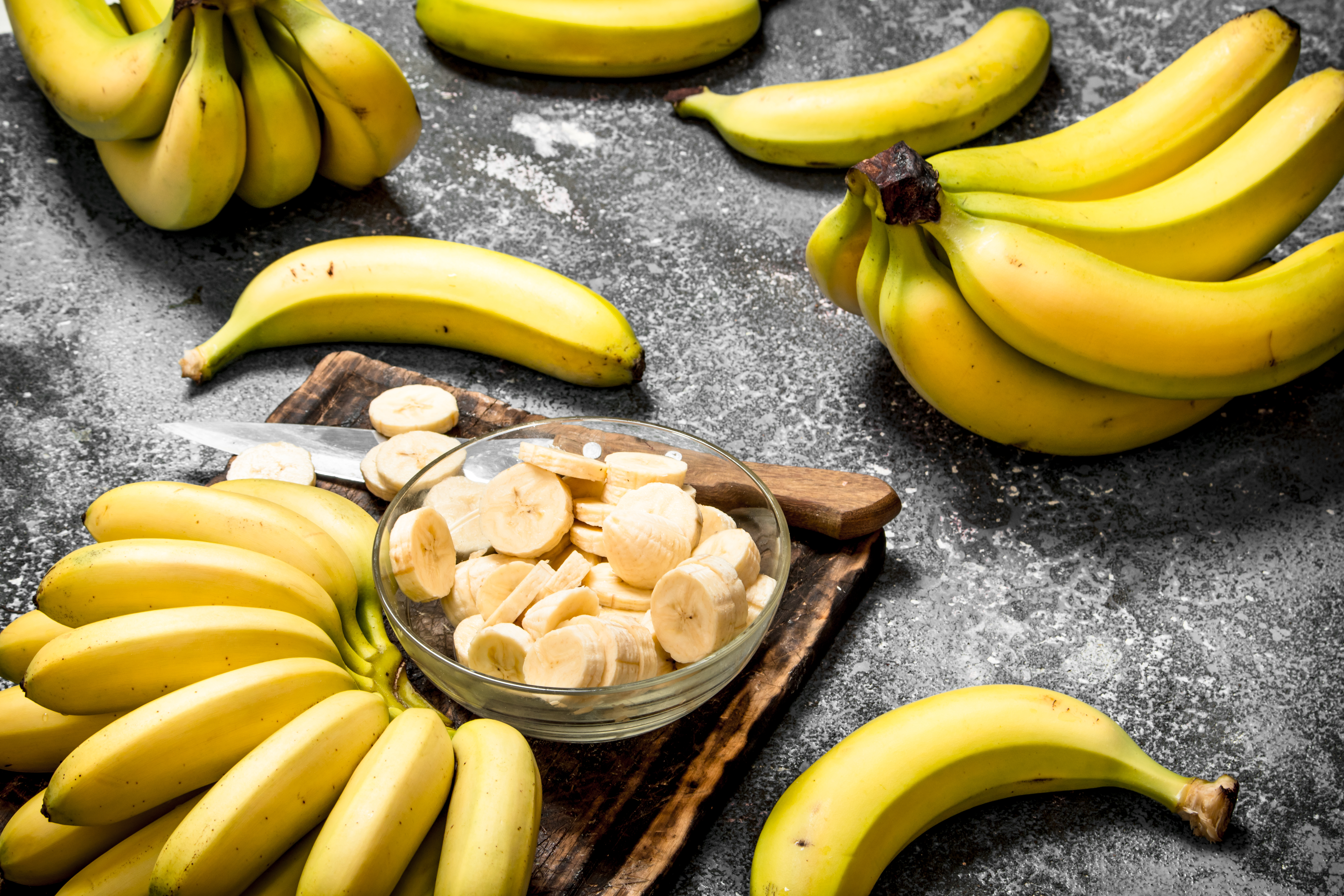
Potassium is a crucial mineral that helps counter the effects of sodium on blood pressure. It aids the kidneys in eliminating excess sodium through urine. Incorporating potassium-rich foods is a natural way to support blood pressure regulation. Excellent sources include bananas, sweet potatoes, avocados, spinach, and beans. Aim for a balanced intake of potassium through whole foods rather than relying solely on supplements, as excessive supplementation can have risks. Prioritizing potassium-rich meals and snacks is a simple yet powerful strategy for cardiovascular health.
13. Magnesium: The Vessel Relaxer
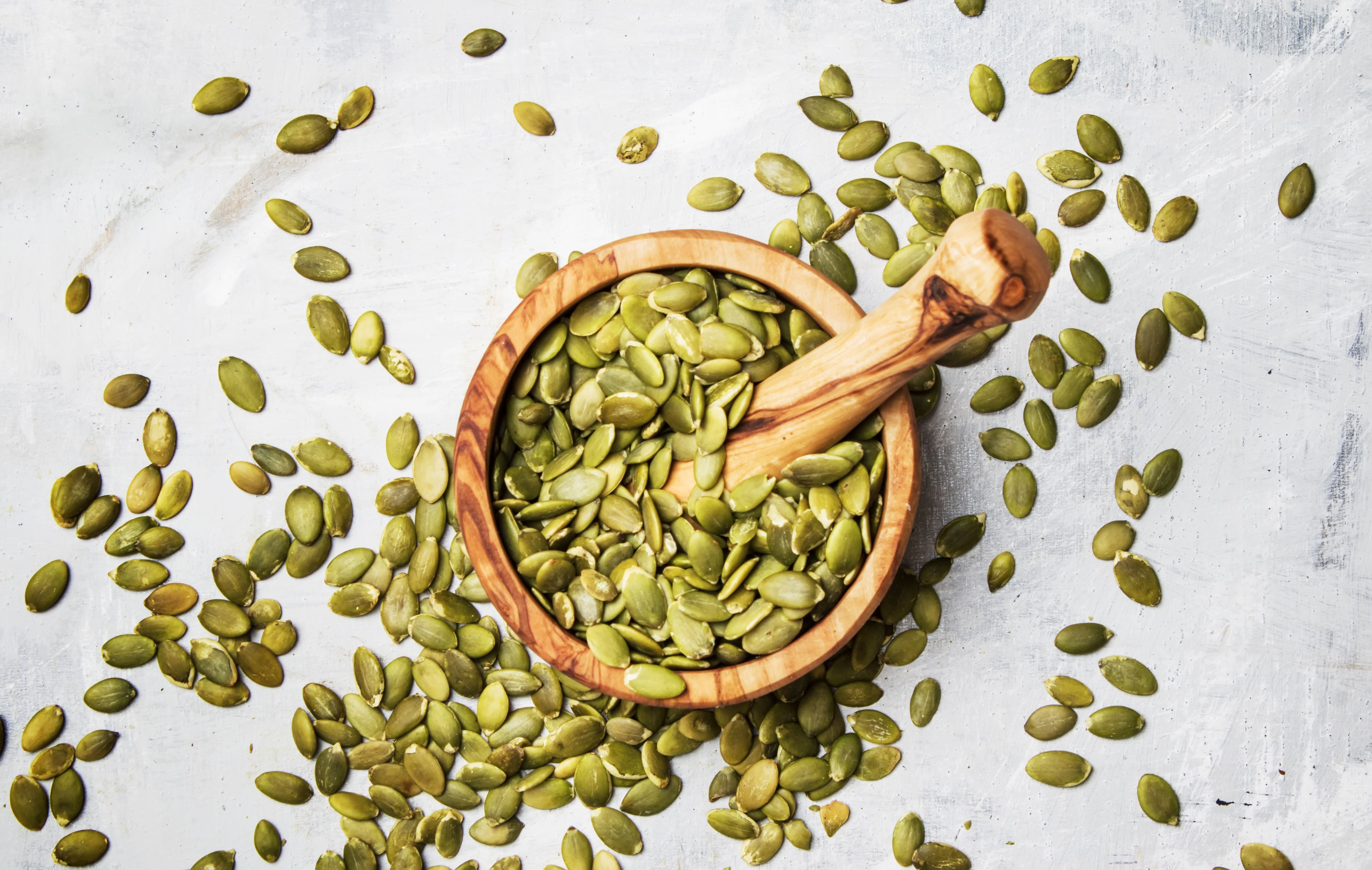
Magnesium plays a vital role in relaxing blood vessel walls, which can help lower blood pressure. A deficiency in magnesium has been linked to hypertension. Foods rich in magnesium include leafy green vegetables, nuts, seeds, and whole grains. Almonds, cashews, pumpkin seeds, and spinach are particularly good sources. Supplementation may be considered, but it's crucial to consult a healthcare provider to determine appropriate dosage and avoid potential side effects. Focusing on a magnesium-rich diet is a proactive step toward supporting healthy blood pressure levels.
14. Garlic: A Natural Blood Pressure Ally
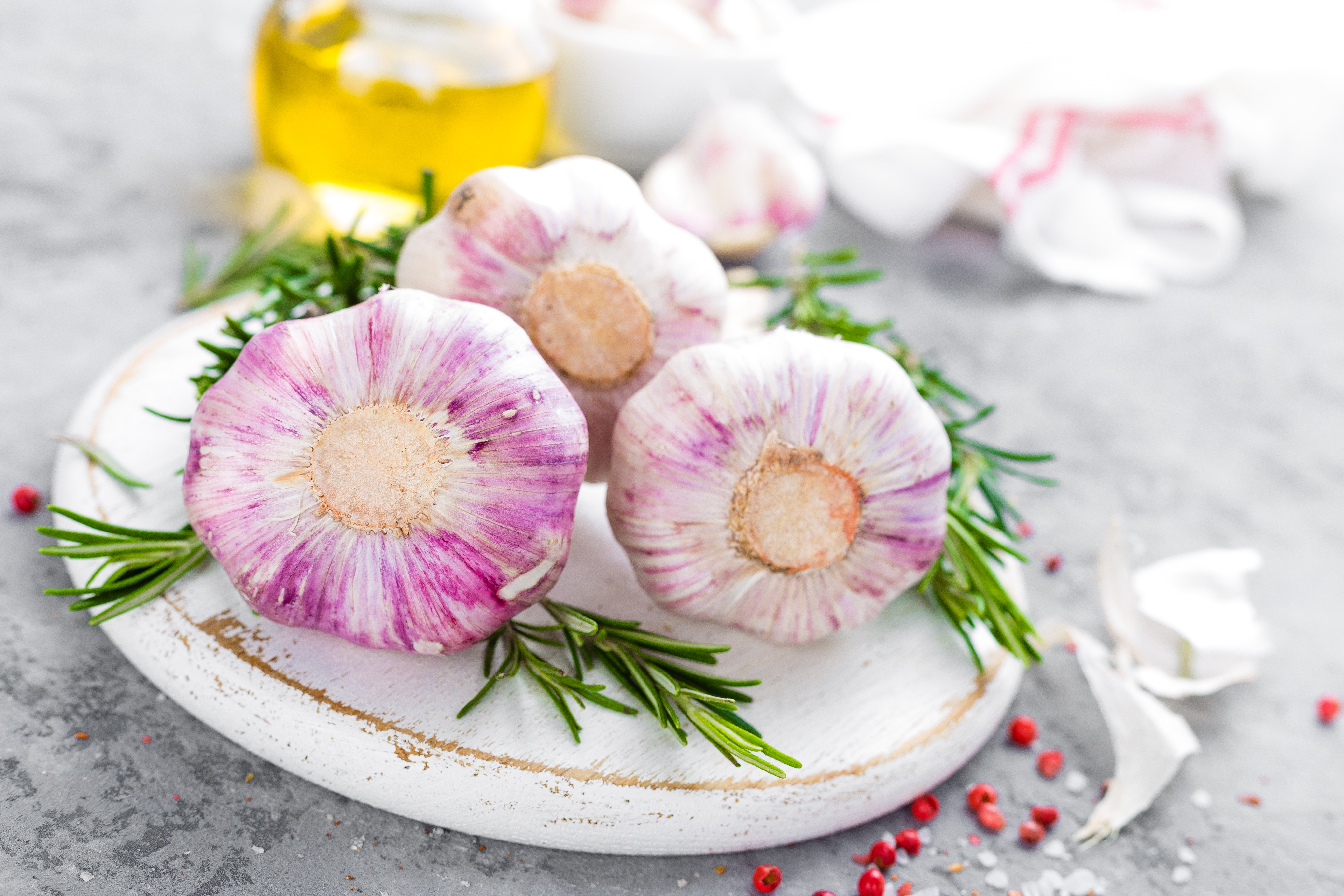
Garlic has been shown to have blood pressure-lowering effects, likely due to its sulfur compounds, which help relax blood vessels. It can be incorporated into meals in various forms: fresh, cooked, or as a supplement. While garlic supplements can be effective, using fresh garlic in cooking adds flavor and other nutritional benefits. Studies suggest that garlic may be particularly beneficial for individuals with existing hypertension. Its ease of incorporation into daily cooking makes it a valuable addition to a heart-healthy lifestyle.
15. Hibiscus Tea: A Floral Infusion for Heart Health
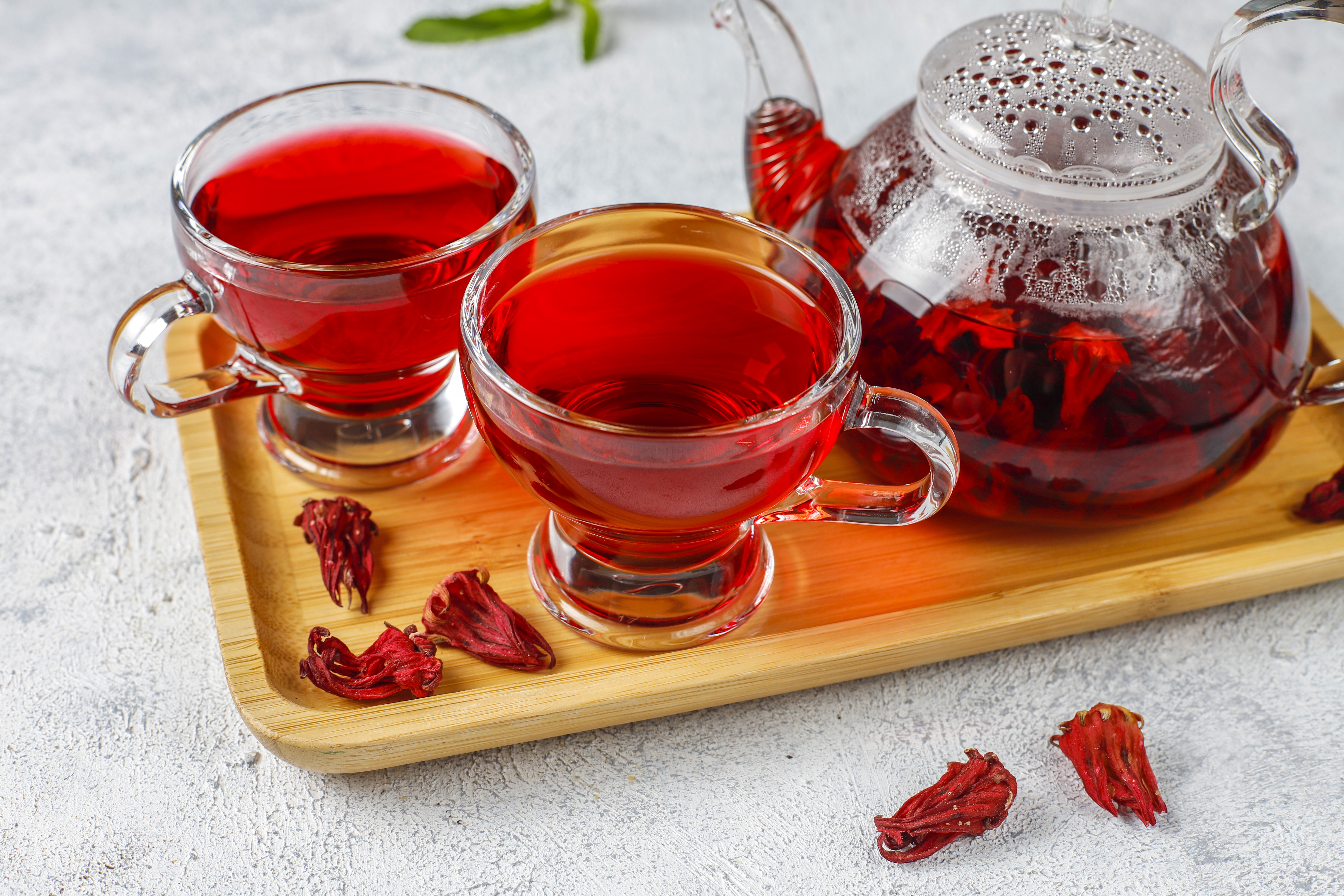
Hibiscus tea, made from the vibrant petals of the hibiscus flower, has demonstrated potential in lowering blood pressure. Its antioxidants and other compounds contribute to its beneficial effects on blood vessel function. Regular consumption of hibiscus tea can be a flavorful and enjoyable way to support cardiovascular health. However, it's important to be mindful of potential interactions with medications, so consulting a healthcare provider is recommended, especially for those with existing health conditions.
16. Beetroot Juice: A Nitric Oxide Boost
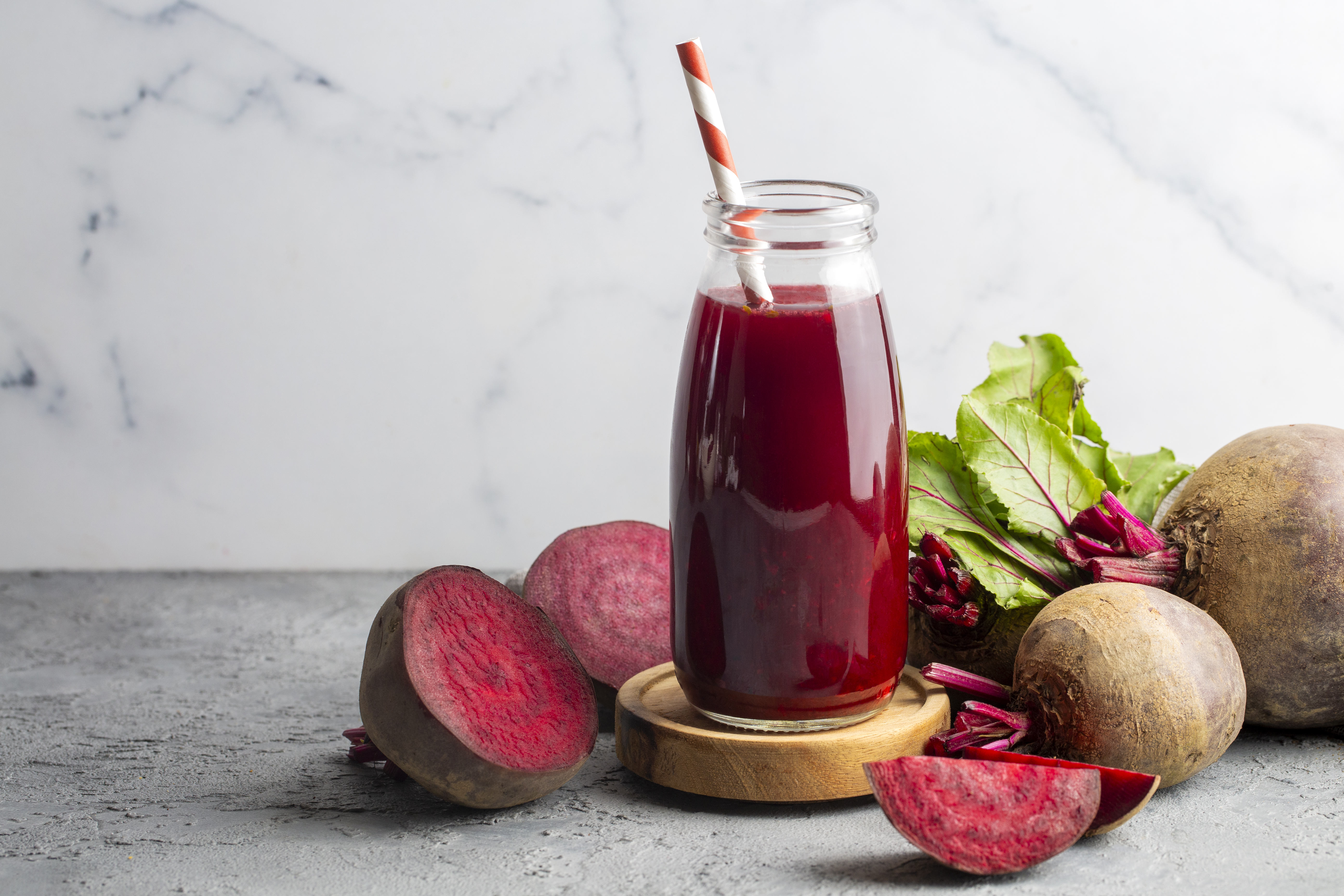
Beetroot juice is rich in nitrates, which the body converts into nitric oxide. Nitric oxide helps relax blood vessels, leading to improved blood flow and lower blood pressure. Drinking beetroot juice regularly can be a natural way to enhance nitric oxide production. It's important to choose natural, unsweetened beetroot juice to avoid added sugars. While generally safe, individuals with kidney problems should consult a healthcare provider before consuming beetroot juice regularly.
17. Coenzyme Q10 (CoQ10): Cellular Energy and Heart Function

CoQ10 is an antioxidant that plays a crucial role in cellular energy production and heart function. Some research suggests that CoQ10 supplementation may help lower blood pressure, particularly in individuals with hypertension. While the body produces CoQ10 naturally, its levels may decline with age or certain medications. Consulting a healthcare provider is essential to determine if CoQ10 supplementation is appropriate and to establish the correct dosage.
18. Pomegranate Juice: Antioxidant Power for Cardiovascular Support
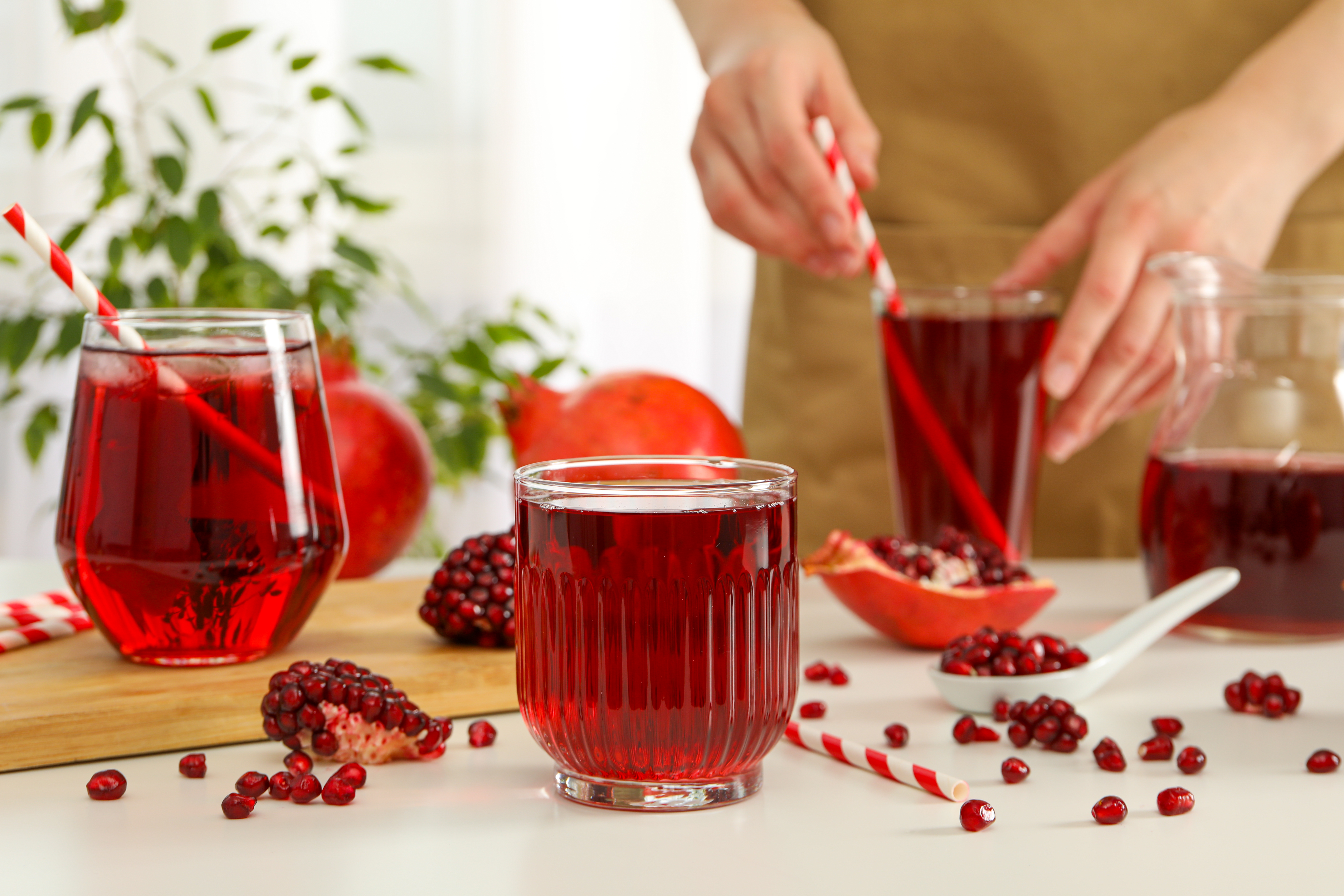
Pomegranate juice is packed with antioxidants, which can help protect blood vessels from damage and improve blood flow. Studies have shown that regular consumption of pomegranate juice may contribute to lower blood pressure. Choose 100% pure pomegranate juice without added sugars or sweeteners. While promising, more research is needed to fully understand the long-term effects. Incorporating pomegranate juice as part of a balanced diet can be a flavorful way to support heart health.
19. Walking in Nature: The Green Prescription
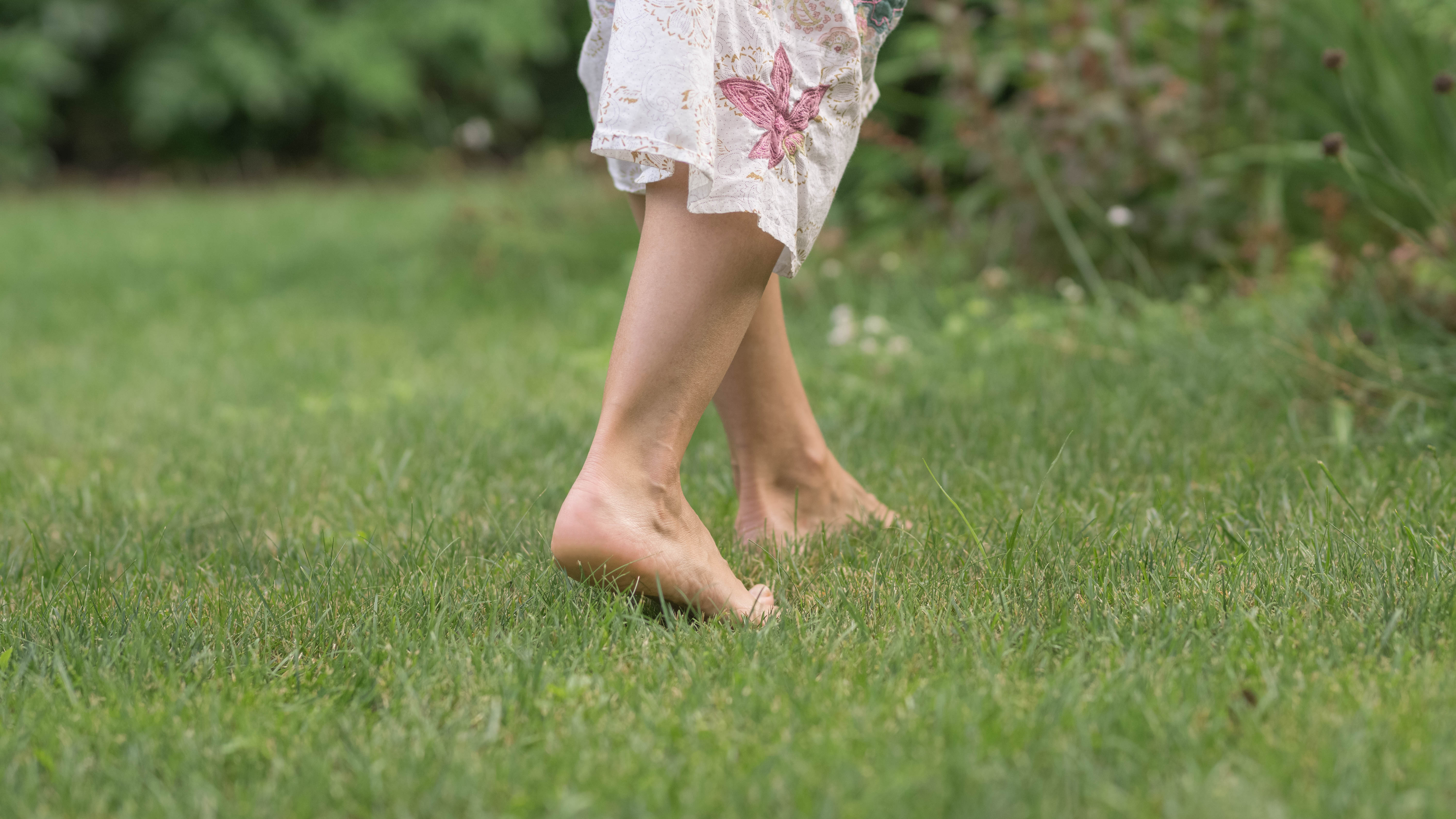
Beyond structured exercise, simply spending time in nature has been linked to lower blood pressure. The calming effects of nature, combined with gentle physical activity like walking in a park or forest, can reduce stress and promote relaxation. "Forest bathing" or immersing oneself in a natural environment has gained recognition for its therapeutic benefits. Make it a habit to take regular walks in green spaces to support both mental and cardiovascular well-being.
20. Limit Added Sugars: A Sweet Threat to Blood Pressure

While the focus is often on sodium, excessive added sugar intake also poses a risk to blood pressure. Sugary drinks and processed foods contribute to weight gain and inflammation, both of which can lead to hypertension. Reducing added sugar consumption is crucial for overall health and blood pressure control. Focus on whole, unprocessed foods and read food labels carefully to identify hidden sugars. This dietary change, combined with other healthy habits, provides a powerful approach to blood pressure management.
21. Probiotics: Gut Health and Heart Health
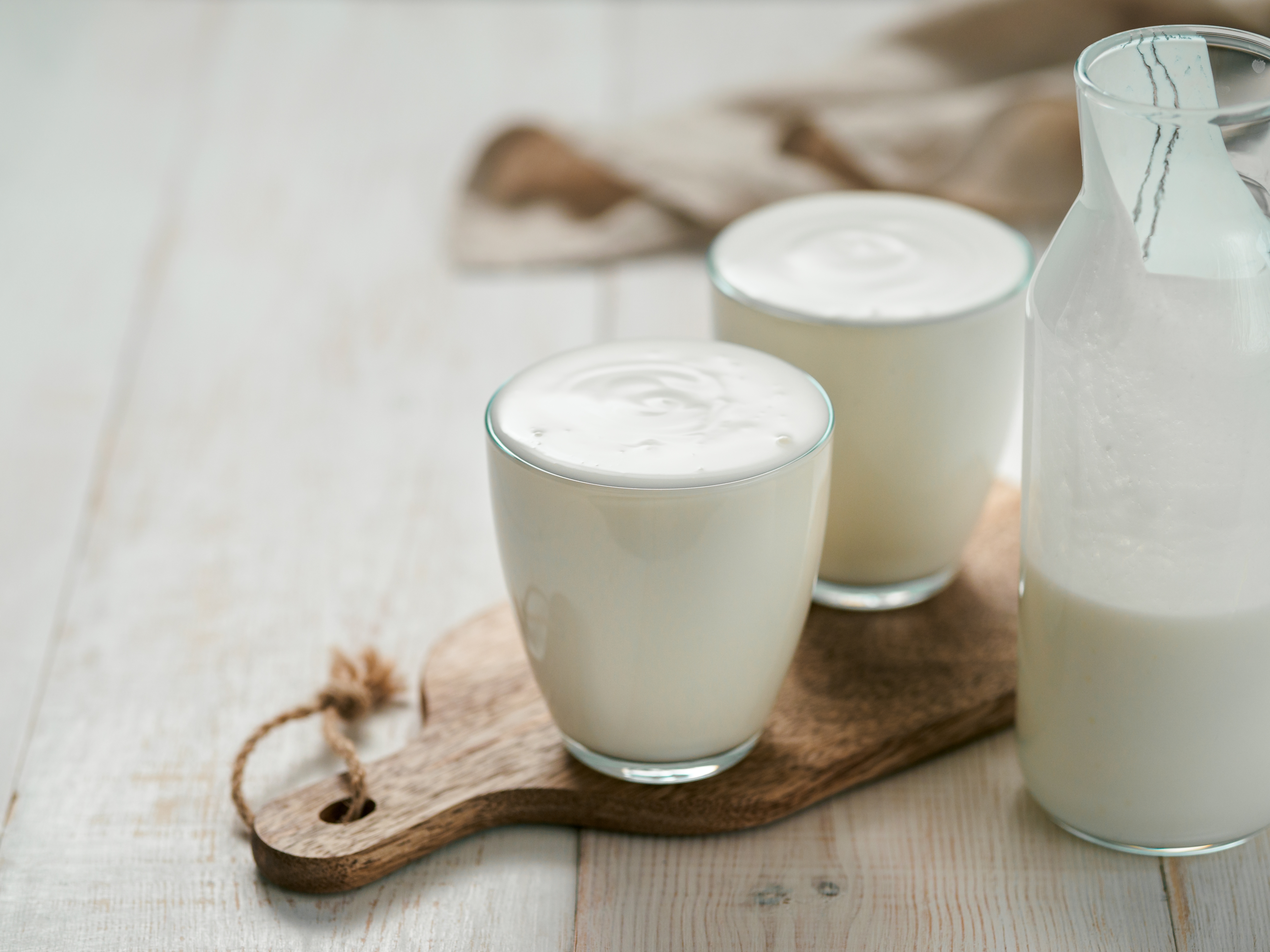
Emerging research suggests a link between gut health and cardiovascular health. Probiotics, beneficial bacteria that promote a healthy gut microbiome, may play a role in blood pressure regulation. Consuming probiotic-rich foods like yogurt, kefir, and fermented vegetables, or considering probiotic supplements, may offer benefits. However, more research is needed to fully understand the specific strains and dosages of probiotics that are most effective for blood pressure control. Consulting a healthcare provider is advisable before starting regular probiotic supplementation.
22. Iso-Tonic Handgrip Exercise for Vascular Strength

This is a specific, low-impact training method proven to strengthen your vascular system and significantly lower resting blood pressure. The practice involves using a hand dynamometer or a firm stress ball, squeezing it at about 30% of your maximum strength for two minutes, followed by a one-minute rest, repeated four times. Performing this routine several times a week has been shown to increase the elasticity of your arterial walls, improving blood vessel function and promoting better flow. It’s a convenient, low-time-commitment exercise you can do while sitting, targeting the mechanical aspects of hypertension directly.
23. Mindful Nostril-Exclusive Breathing

Beyond general stress reduction, focusing on nostril-exclusive breathing is a powerful neurological hack. Many people unconsciously mouth-breathe, which activates the sympathetic nervous system (fight-or-flight). Training yourself to breathe primarily through your nose naturally slows the breath and, critically, increases the production of nitric oxide in the sinuses—a powerful gas that acts as a natural vasodilator, relaxing blood vessels. This simple switch maximizes oxygen absorption and activates the parasympathetic system (rest-and-digest), calming your heart rate and promoting a sustained lowering of blood pressure over time.
24. Explore Trace Mineral Boron for Hormone Balance
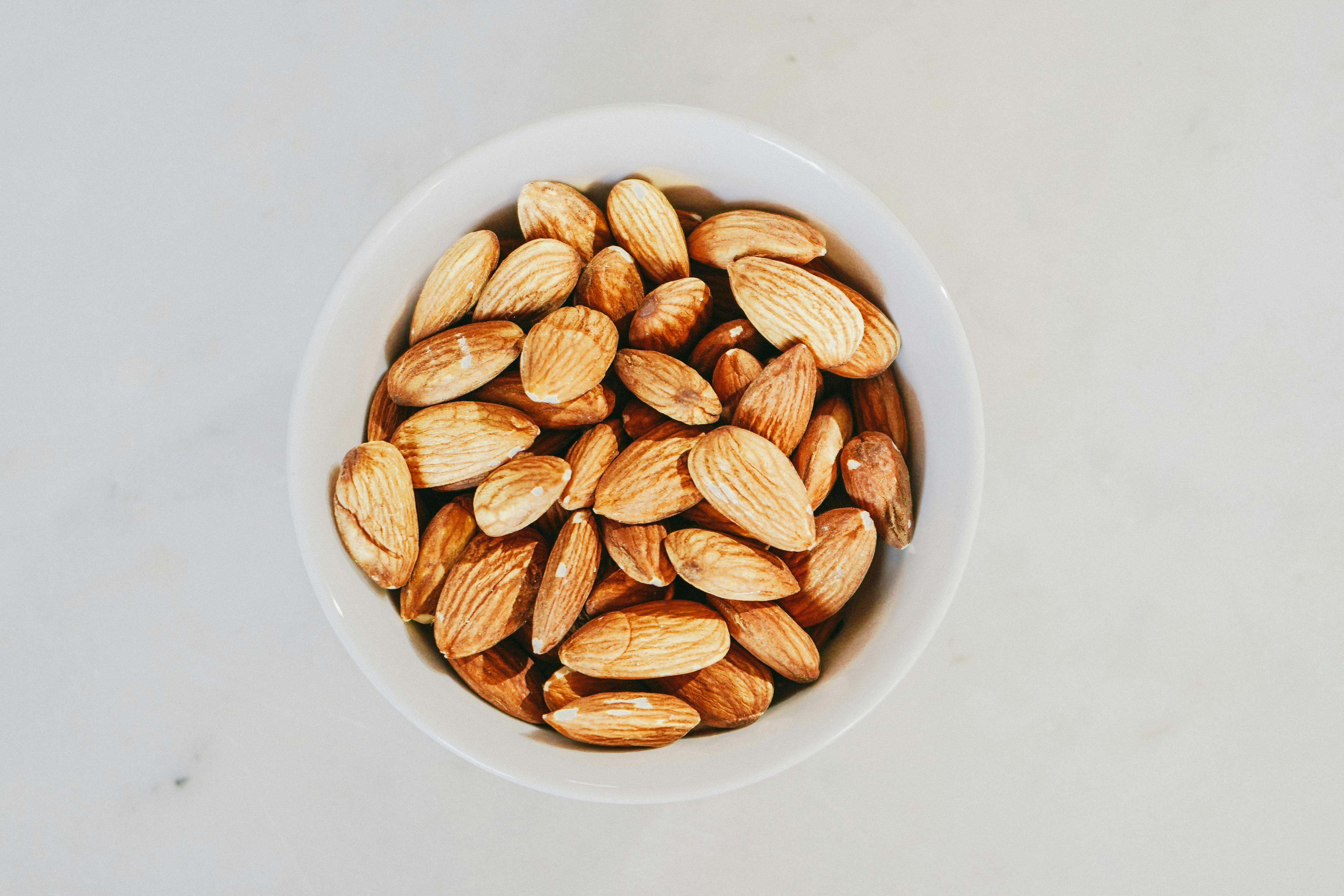
The often-overlooked trace mineral Boron plays an indirect yet vital role in blood pressure regulation by influencing hormone balance. Boron is essential for the metabolism of calcium and magnesium, and it helps the body utilize Vitamin D—all crucial players in cardiovascular health. Furthermore, it supports healthy levels of sex hormones, which impacts overall metabolic and vascular tone. You can find Boron in raisins, almonds, prunes, and walnuts. Focusing on this subtle, systemic mineral supports the complex biochemistry underlying stable blood pressure.
25. Prioritize Cold Exposure (Brief, Safe Doses)

Controlled exposure to cold, such as ending a warm shower with 30 to 60 seconds of cold water on your extremities, can positively train your vascular system. Initially, cold exposure causes vasoconstriction, but the subsequent warming phase triggers a powerful vasodilation (widening of blood vessels), promoting circulatory resilience and better blood flow. Over time, this consistent, brief cold-shock therapy can improve the flexibility of your arteries and enhance your body's ability to regulate blood vessel tone, making it a unique and invigorating physiological tweak for lower resting pressure.
26. The Vagus Nerve Stimulus: Humming and Gargling

The Vagus Nerve is the longest cranial nerve and the primary pathway of the parasympathetic (calming) nervous system, directly regulating heart rate and blood pressure. A simple, unconventional tweak to activate it is through vigorous gargling or deep humming. These actions stimulate the nerve as it passes near the throat and vocal cords, triggering a powerful, immediate relaxation response. Incorporate humming for a minute or gargling a large mouth of water until your eyes tear up a few times a day to instantly interrupt stress cycles and manually initiate a rapid, drug-free reduction in your body's state of tension.
33. The 90/90 Rule for Prolonged Sitting Posture

In our sedentary world, incorrect sitting posture can insidiously raise blood pressure by compressing major arteries and straining the vascular system. The 90/90 Rule is a crucial, unwritten tweak: ensure your hips are bent at 90 degrees and your knees are bent at 90 degrees, with your feet flat on the floor. Crucially, avoid crossing your legs, as this practice is known to temporarily and repeatedly elevate blood pressure readings. Consistently maintaining this neutral posture minimizes vascular resistance and promotes unrestricted blood flow, acting as a crucial, ongoing preventative measure against postural hypertension buildup.
34. Increase Dietary Sulfur for Arterial Elasticity
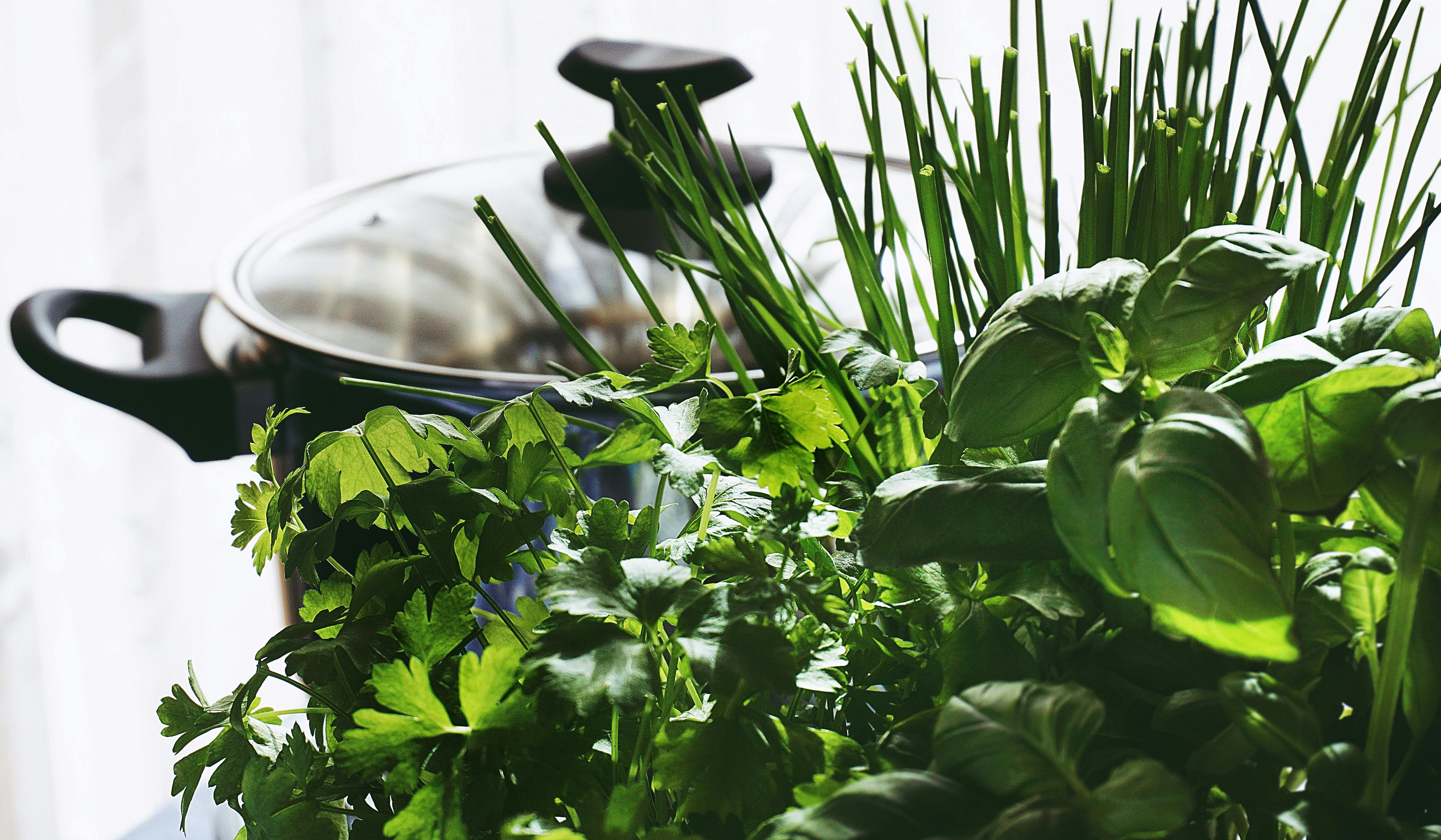
Beyond specific vitamins, focusing on dietary sulfur compounds found abundantly in alliums (onions, chives, leeks) and cruciferous vegetables (broccoli, cauliflower) is a powerful, structural tweak. Sulfur is vital for the production of hydrogen sulfide (H2S) in the body, a naturally produced gas molecule that acts as a potent vasorelaxant (blood vessel widener) and an anti-inflammatory agent. Cooking with these pungent, sulfur-rich ingredients daily—not just for flavor—provides a consistent, systemic method to maintain arterial flexibility and promote healthy, sustained blood flow, supporting blood pressure from a foundational chemical level.
35. Use Noise-Cancelling Headphones in Busy Settings

Chronic noise pollution is a recognized, yet often ignored, environmental stressor that contributes to elevated long-term blood pressure by keeping the nervous system in a constant state of hypervigilance. The simple habit of wearing noise-cancelling headphones in high-decibel environments (commuting, open offices, or noisy gyms) serves as a necessary auditory shield. By minimizing exposure to unpredictable and loud sounds, you effectively reduce the underlying release of stress hormones (cortisol and adrenaline) that constrict blood vessels and elevate pressure, providing an immediate and modern buffer for maintaining cardiovascular calm.
36. Practice Iso-Tonic Handgrip Exercise
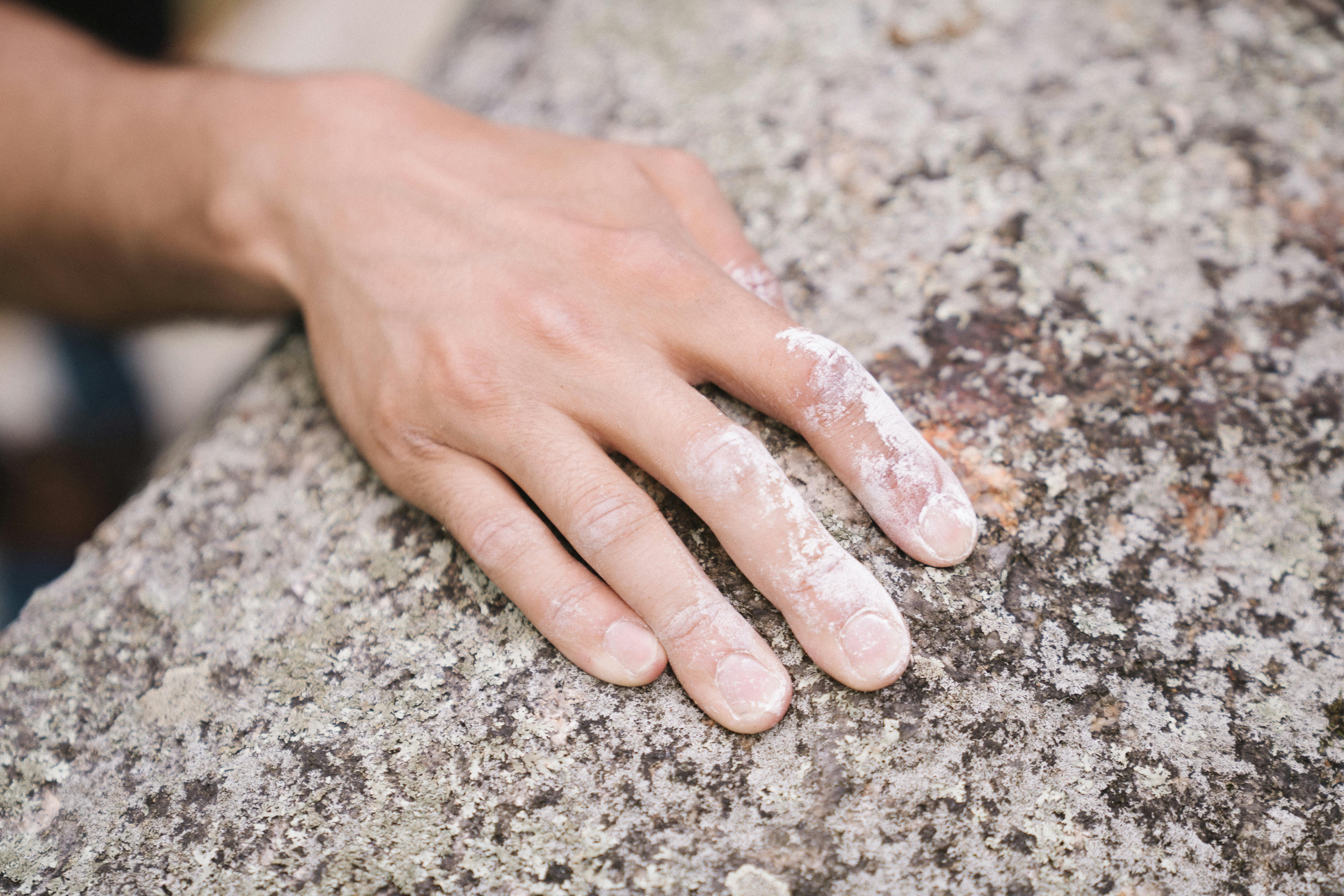
This is a specific, evidence-backed exercise tweak that requires minimal effort and time. Iso-Tonic handgrip training involves briefly and repeatedly gripping a hand dynamometer or a firm stress ball at about 30% of your maximum strength for two minutes, followed by a minute of rest, repeated four times. Performing this routine several times a week has been shown to measurably lower resting blood pressure over several weeks by increasing the elasticity and improving the function of your arterial walls. It’s a convenient, portable, and low-impact method that targets the mechanical strength of your vascular system directly.
37. Cultivate a Strong Sense of Purpose (Non-Physical Tweak)

Beyond managing daily emotional stress, fostering a deeper sense of purpose and meaning in life has been scientifically linked to better long-term health outcomes, including lower blood pressure. Engaging in activities that bring joy, pursuing a passion, or actively contributing to your community (volunteering) reduces feelings of isolation and hopelessness, which are major drivers of chronic stress and inflammatory responses. This psychological tweak impacts the entire hormonal axis, fostering sustained emotional well-being that translates into physiological calm and a stable, lower resting blood pressure.
38. Optimize Your Gut Microbiome with Polyphenols
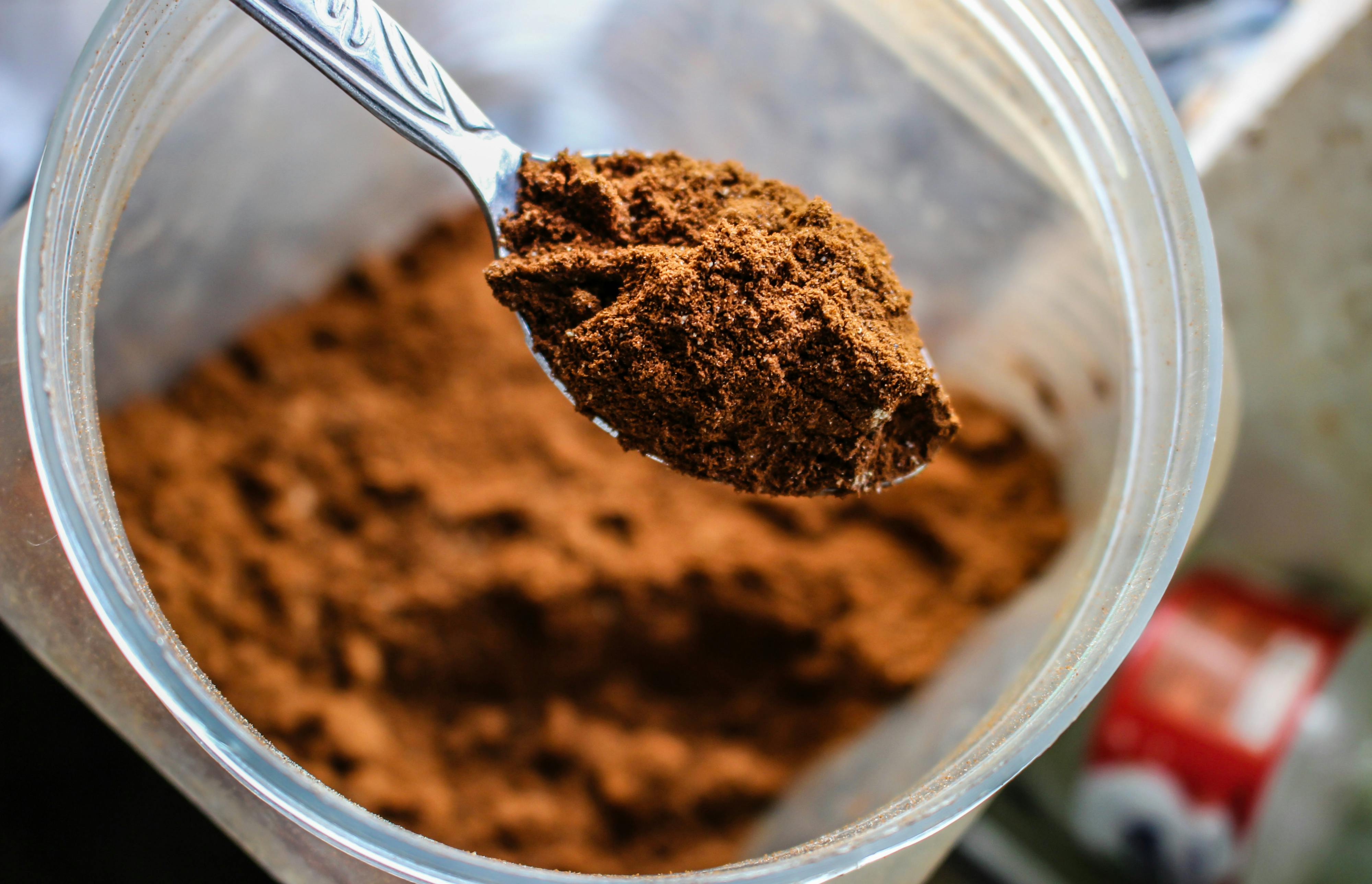
While general gut health is mentioned, specifically feeding your beneficial gut bacteria with non-digestible polyphenols is a powerful, indirect blood pressure tactic. Found abundantly in foods like dark berries, purple grapes, and pure cocoa, these compounds are metabolized by gut microbes into substances that enter the bloodstream and act as natural vasodilators (blood vessel relaxers). This process enhances the production of Nitric Oxide, a molecule essential for keeping your arteries flexible and wide. Think of these foods as the ultimate "pre-prebiotics," supporting a healthy gut ecosystem that, in turn, actively promotes optimal vascular tone.
39. The "30-Minutes Post-Meal" Light Walk

Beyond formal exercise, making a short, light walk a non-negotiable habit 30 minutes after major meals is a highly effective, low-effort tweak. The simple muscle action helps to move the glucose consumed out of your bloodstream and into muscle cells, reducing the need for a large insulin spike. High insulin levels are pro-inflammatory and contribute to arterial stiffness over time, which elevates blood pressure. This post-meal stroll minimizes the metabolic stress on your vascular system, providing a gentle, consistent way to reduce the chronic strain that mealtime glucose surges place on your arteries.
40. The Daily "Aortic Unload" (Feet Up)

Adopting the habit of lying flat with your legs elevated against a wall for 10-15 minutes (often called "Legs-Up-The-Wall" pose) serves as a unique physiological reset for your circulatory system. This simple posture uses gravity to drain pooled blood and lymph fluid from your lower extremities back toward the heart, effectively giving the heart and blood vessels in your legs a brief but powerful "rest" from the constant downward pull. This temporary aortic unloading can help recalibrate blood flow distribution, promote deep relaxation by activating the parasympathetic nervous system, and prevent chronic venous pooling that contributes to systemic pressure.
41. Implement "Screen Sunset" (Blue Light Management)

Blue light emitted from screens (phones, tablets, TVs) can suppress the body’s natural production of melatonin, the sleep hormone. A habit of implementing a **"Screen Sunset"—**turning off all screens 60-90 minutes before bed or wearing blue-light-blocking glasses—is a crucial tweak for blood pressure. Melatonin is a potent antioxidant and a natural vasodilator. By protecting melatonin production, you enhance the body’s nighttime ability to naturally lower blood pressure, reduce inflammation, and optimize sleep quality, all of which are essential for long-term cardiovascular stability.
42. Leverage the Power of L-Citrulline from Watermelon
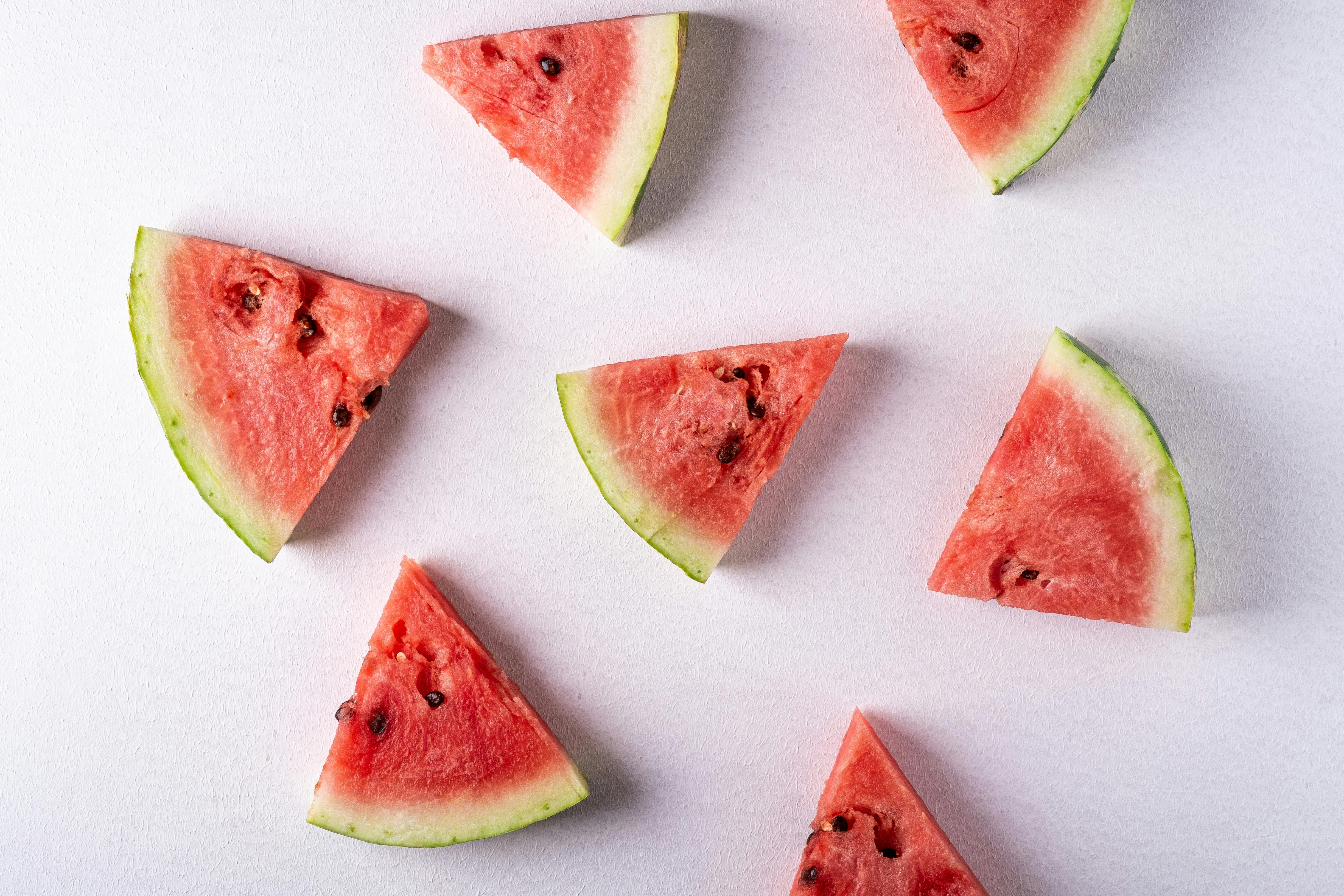
For a targeted dietary boost, make it a habit to regularly consume foods rich in the amino acid L-Citrulline, primarily found in watermelon (especially the rind). L-Citrulline is converted in the kidneys to L-Arginine, which is the direct precursor to Nitric Oxide (NO), the gas that causes blood vessels to relax and widen. This pathway is a highly effective, natural mechanism for improving blood flow and reducing arterial stiffness. Incorporating watermelon juice, slices, or even the powdered extract into your routine is a powerful, flavorful tweak to boost your body's most effective endogenous vasodilator.
43. Mindful Gazing (Trataka) for Ocular & Systemic Calm

Beyond meditation, incorporating a daily 5-10 minute practice of mindful gazing (Trataka)—focusing softly on a candle flame or a distant, fixed point—can profoundly influence the nervous system. This practice is used in some traditions to calm the oculocardiac reflex, which links eye movement and focus to heart rate regulation. By reducing the visual strain and rapid shifts that keep the sympathetic nervous system active, you cue a deep, sustained relaxation response. This helps lower heart rate variability and heart rate, which translates into reduced vascular tension and a lower resting blood pressure.
44. Consume Folate (B9) for Homocysteine Regulation
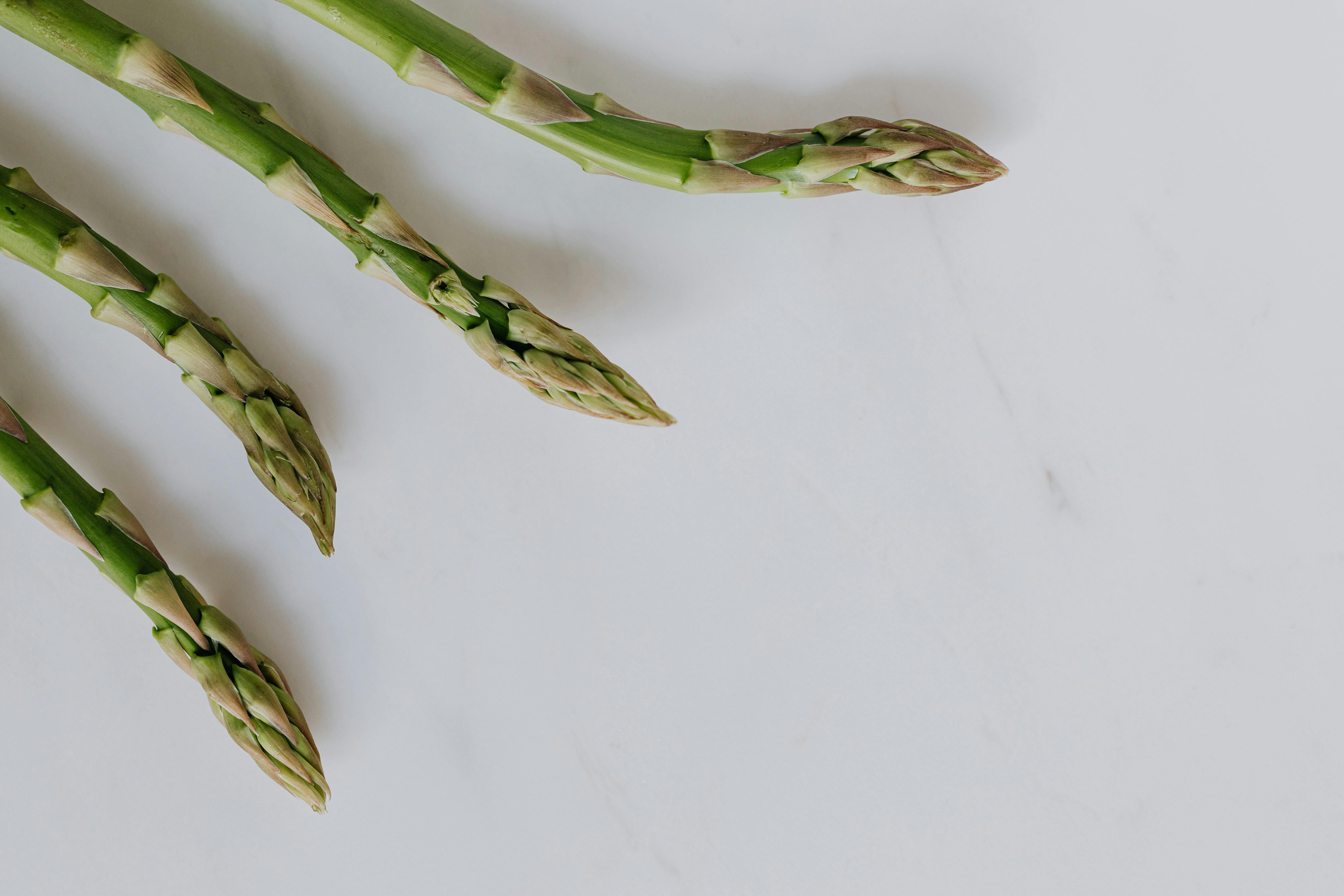
While general nutrition is covered, the role of Folate (Vitamin B9) deserves specific emphasis. Folate is crucial for regulating levels of the amino acid homocysteine in the blood. High homocysteine is a major, independent risk factor for arterial damage and stiffness, which directly contributes to hypertension. By ensuring adequate daily intake of folate—found in concentrated amounts in asparagus, lentils, and fortified cereals—you support the biochemical pathways necessary to keep arteries smooth and resilient. This dietary tweak tackles a root cause of vessel damage that often goes unaddressed.
45. Use Magnesium Oil Spray for Transdermal Absorption
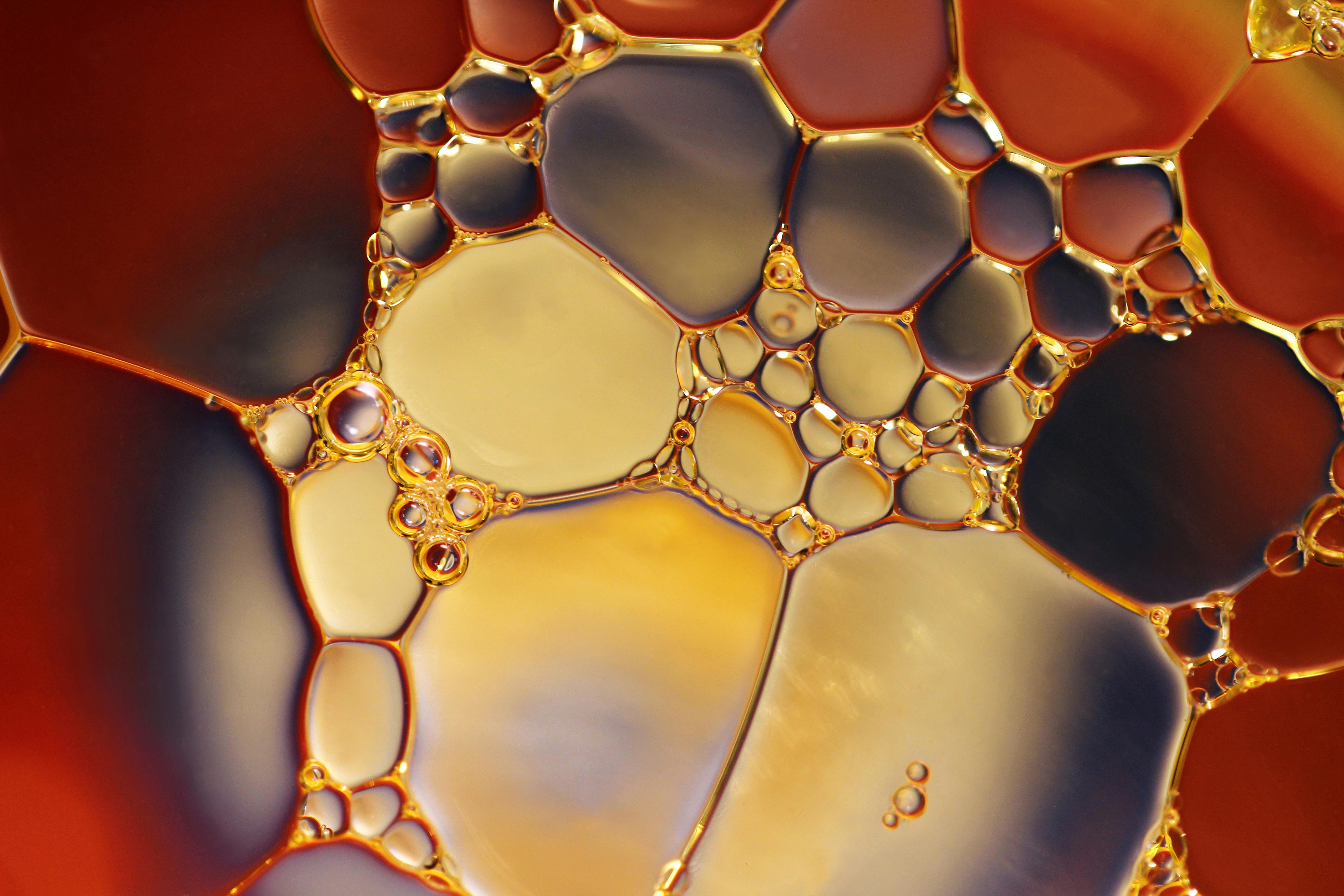
Though dietary magnesium is listed, supplementing the body's store with a transdermal magnesium oil spray can be an effective and often necessary habit. Many individuals have poor absorption of oral magnesium due to gut issues or medications, making deficiency common. Spraying magnesium oil directly onto the skin (e.g., the legs or abdomen) bypasses the digestive system and allows for rapid absorption. Because magnesium is essential for relaxing blood vessel walls, ensuring adequate intake via this route provides a consistent, supplemental method to promote vasodilation and support lower pressure without relying solely on dietary intake.
46. Cook with Saffron (Crocetin and Safranal)
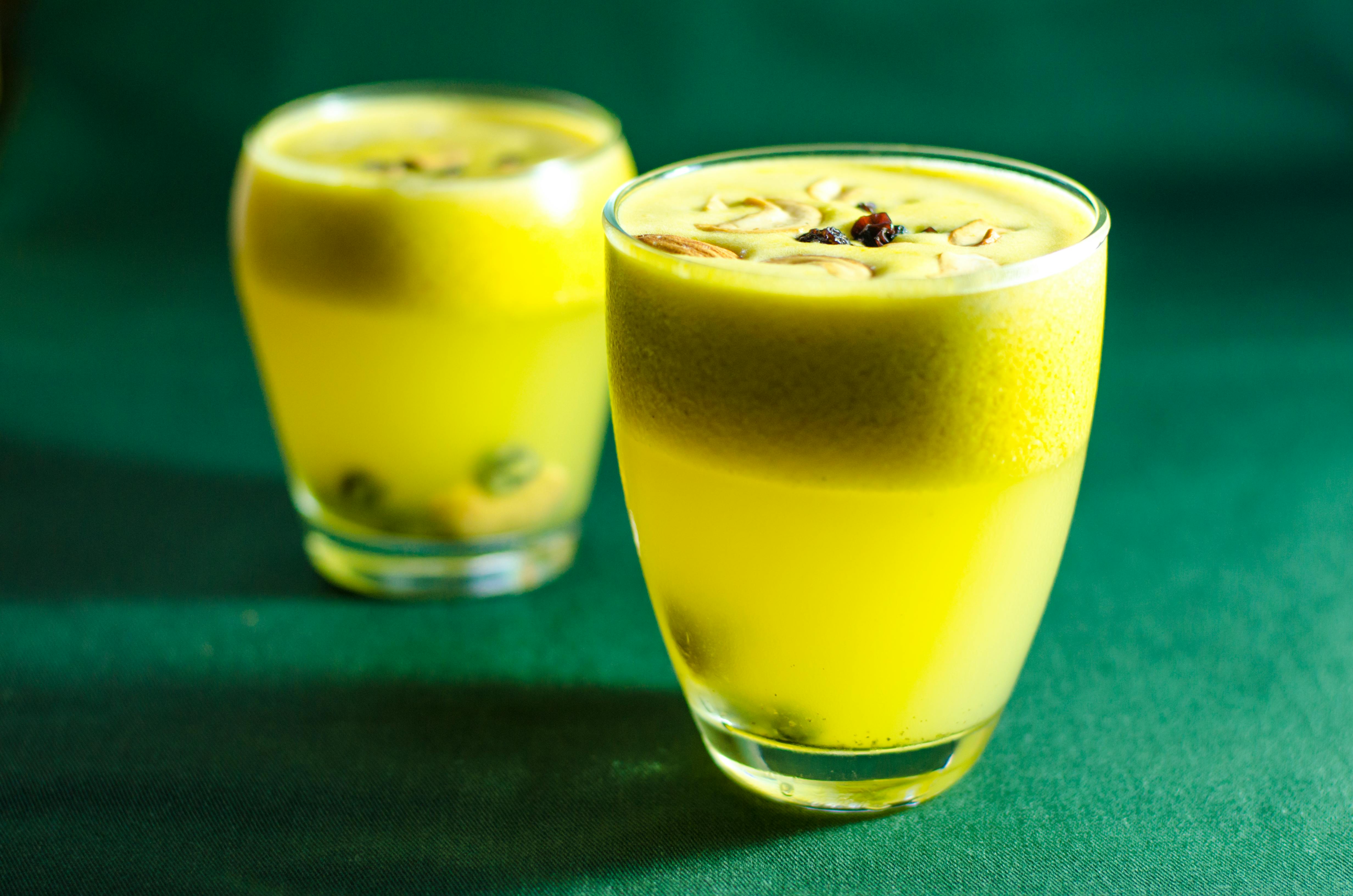
Saffron, the world's most expensive spice, is a potent addition to your routine due to its unique active compounds, Crocetin and Safranal. These compounds are powerful antioxidants and have been shown to have blood pressure-lowering effects by improving circulation and modulating the stress response. Furthermore, saffron can help reduce stress-related anxiety and depression, which are significant emotional drivers of hypertension. Using just a few threads of saffron in rice, soup, or even tea a few times a week provides a luxurious and powerful nutraceutical boost that supports both vascular health and emotional calm.
47. Chew Flaxseed or Sesame Seeds Post-Meal
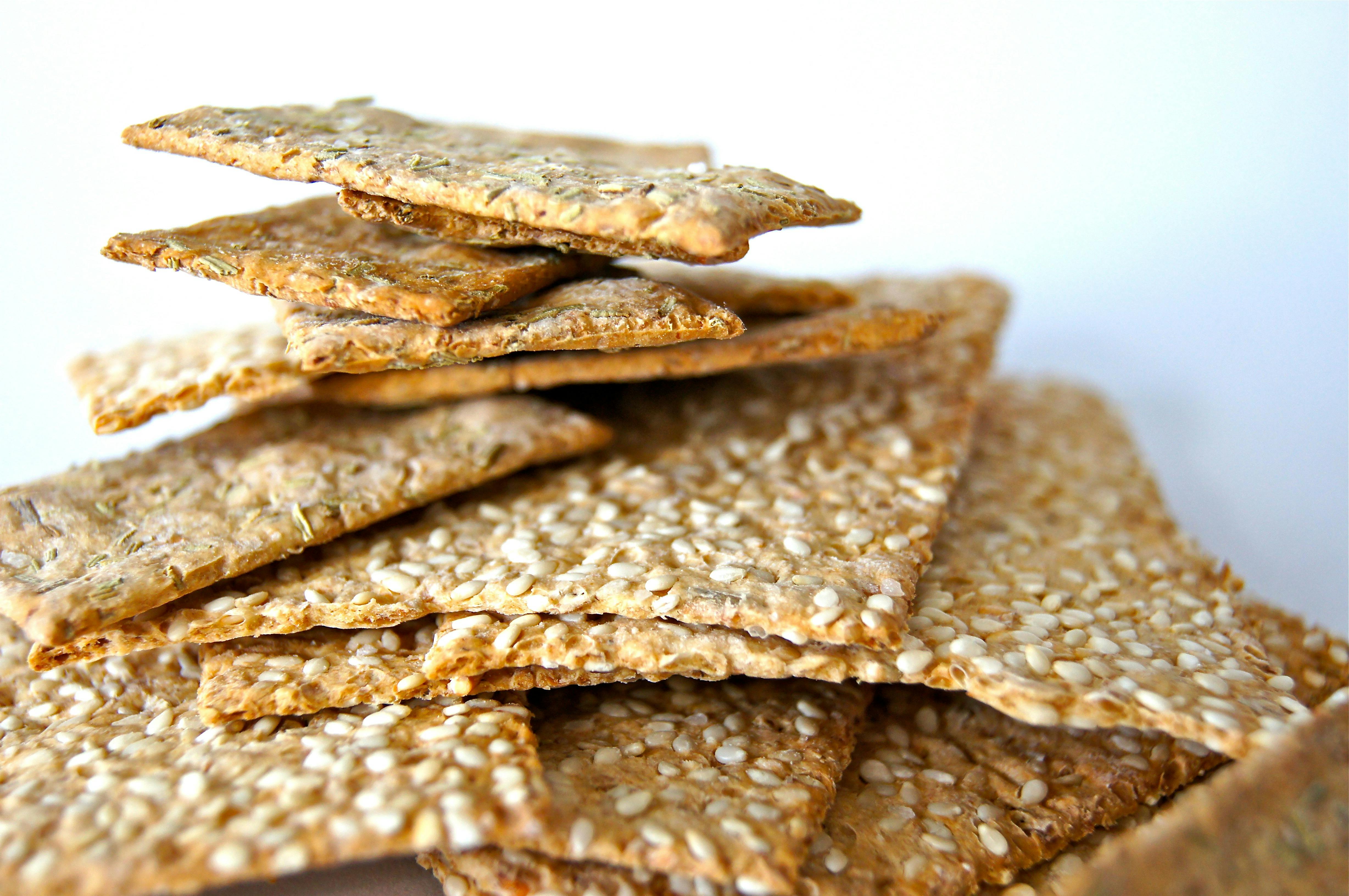
Beyond simply adding seeds to your diet, making a habit of slowly chewing whole flaxseed or sesame seeds immediately after a meal maximizes their blood pressure benefit. Chewing the seeds helps break open their hard shells, immediately releasing lignans and soluble fiber. This fiber forms a gel that physically slows the absorption of glucose from the rest of the meal and promotes sustained satiety. The lignans, specifically in flaxseed, are converted by gut bacteria into compounds that act like weak estrogens, which are linked to arterial health. This simple, mindful chewing maximizes the immediate digestive stabilization effect.
48. Incorporate Binaural Beats for Brainwave Entrainment

Leverage binaural beat therapy during relaxation time (e.g., during meditation or before sleep). This acoustic method involves listening to two slightly different frequencies to create a perceived third, pulsing tone. Focusing on low frequencies like Theta (4 Hz to 8 Hz) can guide your brainwaves into a deeply relaxed state, similar to meditation. Regular use trains the nervous system to spend less time in the high-alert sympathetic (fight-or-flight) state. This consistent, non-invasive habit can measurably reduce anxiety and support a sustained lower resting heart rate, which translates directly to reduced vascular tension and stable blood pressure.
49. Use L-Theanine from White Tea for Focused Calm
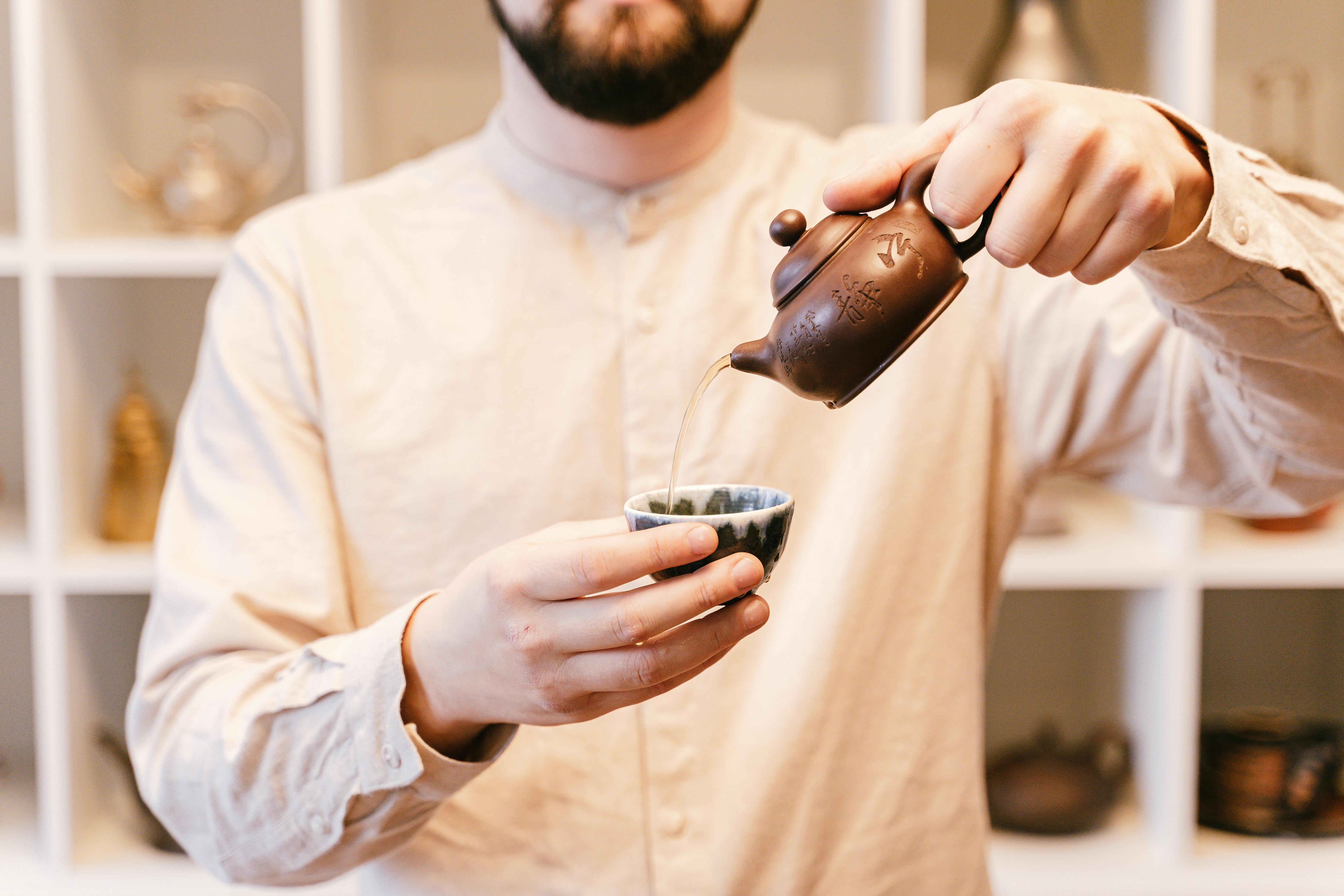
Focus on the powerful amino acid L-Theanine, naturally abundant in high-quality white and lightly processed green teas. L-Theanine acts as a non-sedating anxiolytic, promoting the production of alpha brain waves to induce a state of calm, focused attention. By neutralizing the physical and mental jitters caused by stress or caffeine, it helps prevent the surge of cortisol and adrenaline that constrict blood vessels. Incorporating a daily ritual of sipping L-Theanine-rich white tea is a sophisticated, natural way to achieve mental tranquility that structurally supports lower vascular tension and helps stabilize emotional drivers of hypertension.
50. Maintain Oral Hygiene (Nitrate/Nitrite Metabolism)

Good oral hygiene is a surprisingly critical, direct factor in blood pressure control. Beneficial bacteria on the tongue and in the mouth are essential for converting dietary nitrates (from foods like beets and leafy greens) into nitrites, the chemical precursor to the powerful vasodilator Nitric Oxide (NO). However, using antibacterial mouthwash can wipe out these beneficial oral bacteria, disrupting the NO pathway and hindering the body's ability to naturally relax blood vessels. Switching to a non-antibacterial rinse preserves this crucial oral-systemic communication necessary for optimal blood flow.
51. Apply Heat to Feet/Hands (Peripheral Vasodilation)

A simple, low-tech tweak is using controlled heat to promote peripheral vasodilation (widening of blood vessels in the extremities). Soaking your feet in a basin of warm water or using a heating pad on your hands for 10-15 minutes actively encourages blood vessels in those areas to relax and expand. This reduces the total resistance in your circulatory system, helping to pull blood pressure down temporarily. This passive technique is particularly effective during periods of high stress or when settling down for the evening, as it naturally cues the body's parasympathetic response.
52. Use Aromatic Neuro-Feedback with Fresh Herbs
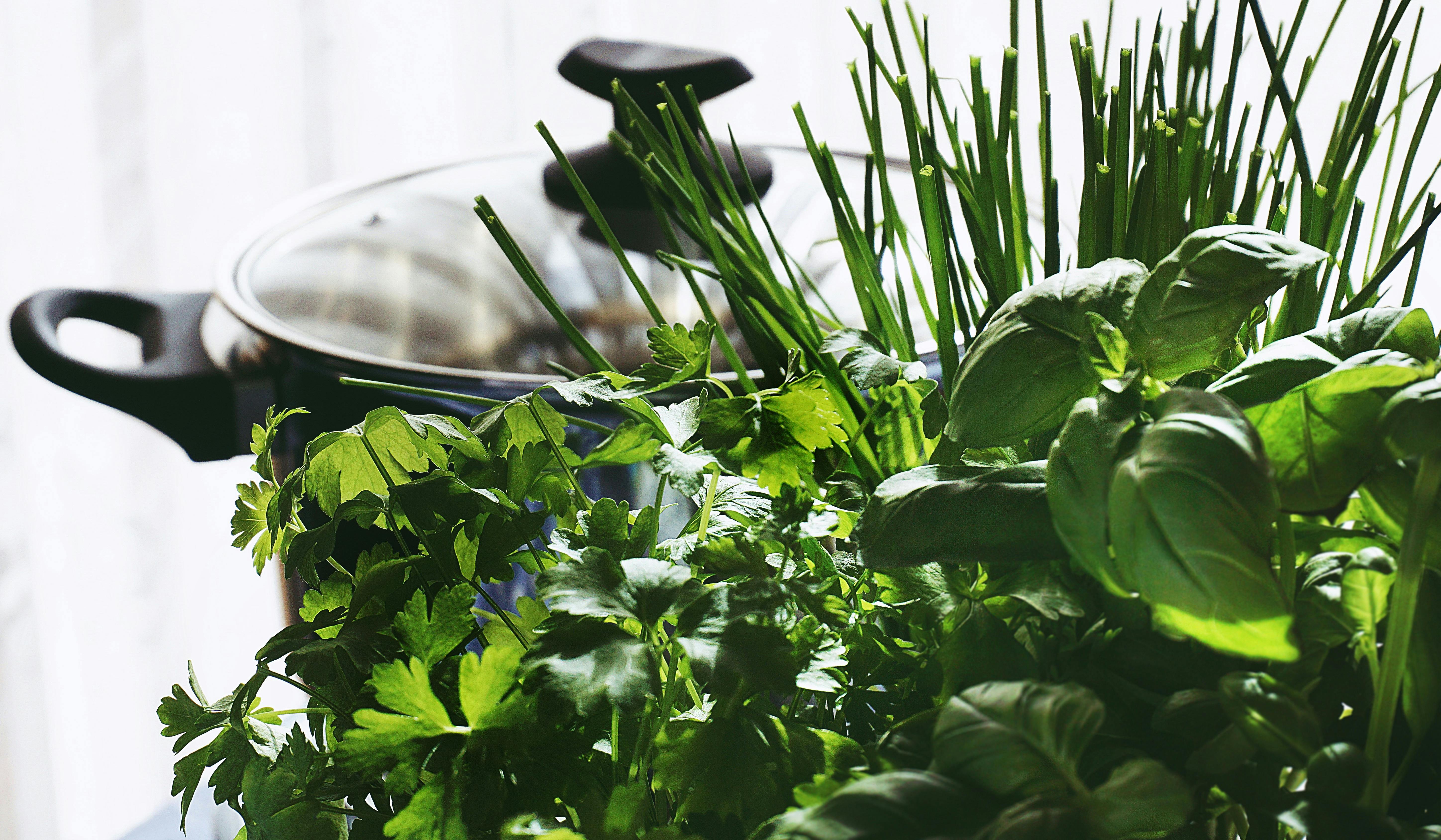
Use your sense of smell as an immediate neurological tool to manage pressure spikes. The olfactory system has a direct pathway to the limbic system, the brain's emotional and stress-response center. Make a habit of actively engaging with natural aromas—like crushing and inhaling fresh rosemary, mint, or citrus peel—to interrupt stress. This simple, mindful sensory input acts as a form of instant neuro-feedback, immediately reducing cortisol production and signaling the nervous system to shift from sympathetic activation (fight-or-flight) to parasympathetic calm (rest-and-digest). It is a free, powerful, and accessible buffer against sudden pressure elevation.
57. Practice Dynamic Stretching and Mobility

While structured exercise is covered, incorporating a habit of dynamic stretching and joint mobility work is a critical, yet often neglected, vascular tweak. Static stretching is less effective; instead, move through large ranges of motion (like arm circles or hip swings) for 10 minutes daily. This specific type of movement mechanically massages the large arteries in your limbs, enhancing the production of nitric oxide (NO) within the blood vessel walls. Improved NO production leads directly to better arterial flexibility and reduced stiffness, ensuring your blood vessels remain elastic and less prone to pressure buildup.
58. Maintain Healthy Circadian Rhythms with Meal Timing

The timing of your meals is a powerful, non-physical habit that affects your circadian rhythms and, indirectly, your nocturnal blood pressure dip. A habit of eating very late, heavy dinners or large, erratic snacks close to bedtime can disrupt the body's natural nightly drop in blood pressure (non-dipping), which is a significant risk factor for cardiovascular events. Consistently finishing your last meal at least two to three hours before sleep helps align your metabolic functions with your body's natural rest cycle, promoting a healthier, more pronounced nocturnal blood pressure decrease.
59. Use the Cold Shower 'Squeeze' (Hydro-Thermic Tweak)
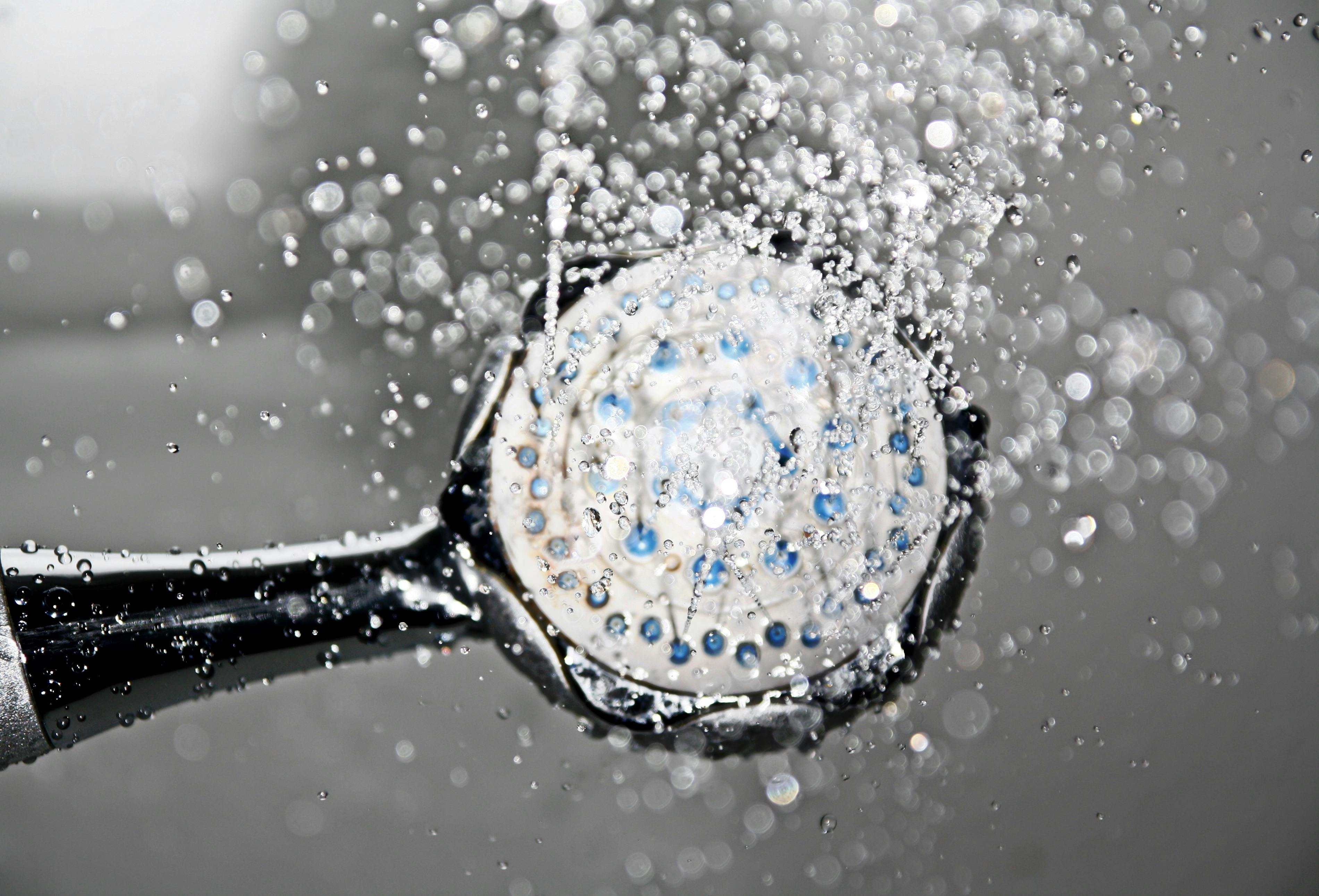
A quick, controlled transition from hot to cold water (a hydro-thermic tweak) is a powerful vascular exercise. While cold exposure is mentioned, the key habit is the post-cold warming phase. The brief cold causes vessels to constrict, but the subsequent warming forces a strong, rapid vasodilation (widening). This practice, especially when applied to the extremities, trains the smooth muscle surrounding your arteries to relax and expand efficiently. Regularly practicing this "squeeze and release" action in the shower improves vascular tone and helps prevent the chronic, low-level constriction that contributes to hypertension.
60. Prioritize Dietary Fiber from Diverse Sources
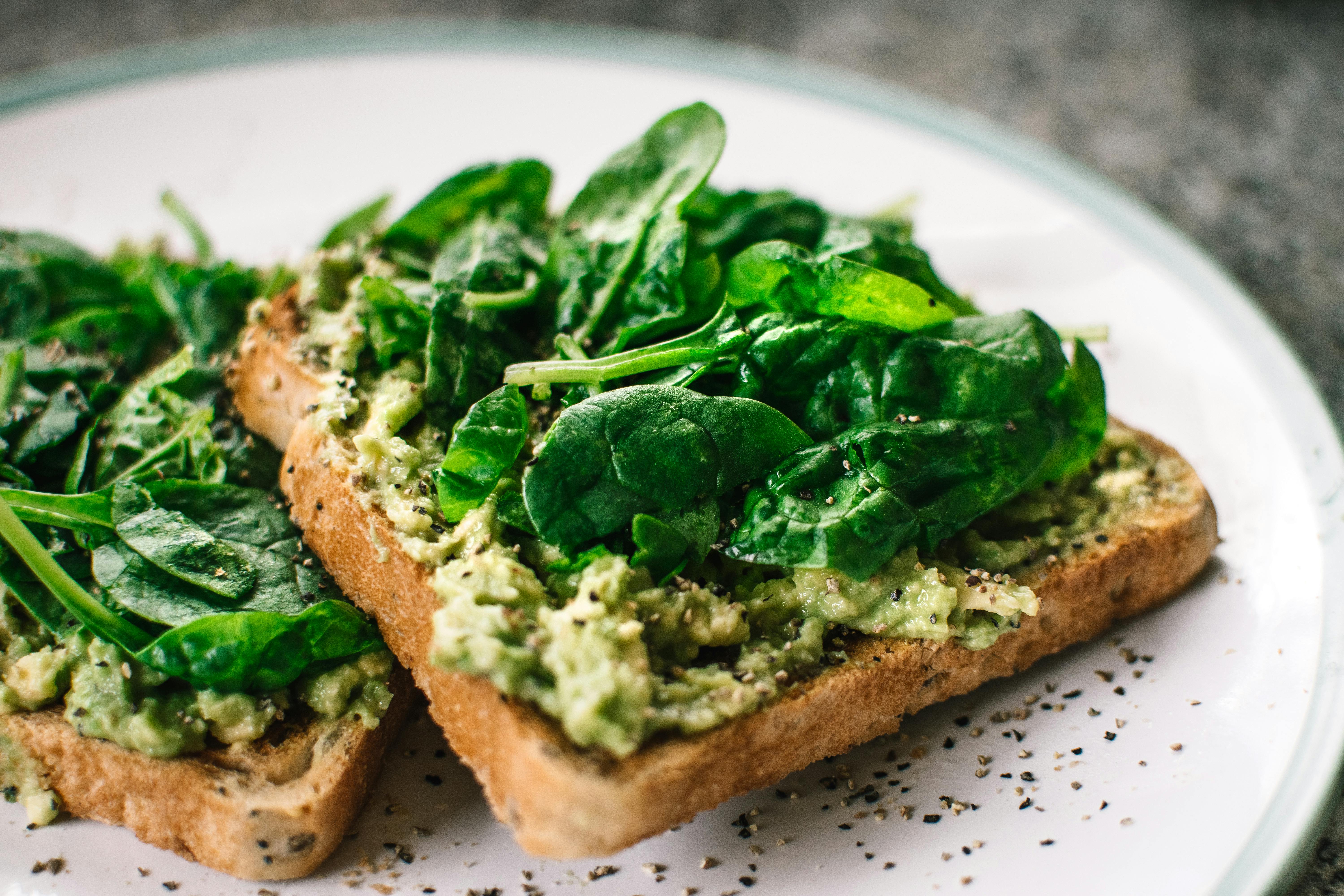
Beyond its general health benefits, making a habit of eating diverse fiber sources (soluble, insoluble, and resistant starch) is a potent, indirect anti-hypertensive strategy. When various fibers are fermented by gut bacteria, they produce short-chain fatty acids (SCFAs) like butyrate. SCFAs are not just good for the gut; they enter the bloodstream and act as anti-inflammatory signaling molecules that improve insulin sensitivity and support the endothelial lining of blood vessels. A diet rich in different plant fibers actively creates the internal chemistry necessary for relaxed, resilient arteries.
61. Daily "Tech Check-Outs" (Breaks from Constant Connectivity)

The habit of constant digital connectivity—checking email, scrolling social media, and being "on call"—maintains a state of chronic cognitive vigilance that translates directly into physical stress. Implementing non-negotiable "tech check-out" periods (even 15 minutes every two hours) is a crucial neurological habit. This intentional disconnection actively breaks the cycle of anticipating notifications, reducing the underlying release of cortisol and adrenaline. By creating consistent, brief mental decompression windows throughout the day, you reduce the cumulative stress load that keeps blood vessels unnecessarily constricted and blood pressure elevated.
62. Conscious Singing or Chanting (Vagal Toning)

Actively engaging in conscious singing, chanting, or focused vocalization is a unique, manual way to stimulate the vagus nerve. The vagus nerve is the body's primary parasympathetic pathway, directly responsible for the "rest and digest" state. The sustained vocal cord vibration and deep exhalation involved in singing vigorously tones this nerve, immediately reducing heart rate variability and interrupting the sympathetic (stress) cycle. Incorporating five minutes of humming a low tone or singing along to music daily provides a fast, enjoyable, and proven path to physiological calm that helps lower resting blood pressure.
63. The Postural 10-Second Reset (Dynamic Alignment)

Beyond static sitting and standing rules, develop a habit of a postural 10-second reset every 30 minutes. Stand up, roll your shoulders back and down, pull your chin back slightly, and then perform three slow, deep diaphragmatic breaths. This breaks the pattern of slouching, which compresses the chest and abdominal arteries. By actively correcting the posture and engaging the diaphragm, you immediately relieve physical restrictions on major blood vessels, promoting instant, temporary pressure relief and preventing the chronic vascular strain caused by poor alignment.
64. Monitor Over-The-Counter Pain Relief (NSAIDs)

While general medication risk is mentioned, specifically monitoring Non-Steroidal Anti-Inflammatory Drugs (NSAIDs) like ibuprofen and naproxen is crucial. A persistent habit of taking these pain relievers, even at recommended doses, can cause the body to retain salt and water, which directly raises blood pressure and can reduce the effectiveness of blood pressure medications. If you rely on NSAIDs more than a few days a week, consult your doctor about kidney-friendlier alternatives like acetaminophen (if appropriate) or non-medication strategies to break this common, insidious cycle.
65. Ensure Adequate Calcium Intake (Vessel Contraction Regulator)

While potassium and magnesium are highlighted, calcium intake is often overlooked as a crucial blood pressure regulator. Calcium is essential for proper muscle contraction, including the smooth muscle in blood vessel walls. If dietary calcium is too low, the body may attempt to compensate by drawing calcium from bones, which can disrupt cellular mechanisms and increase the tone (stiffness) of arteries. Ensure a consistent daily intake of calcium (from dairy, fortified plant milks, or leafy greens) to support normal, flexible blood vessel function and prevent hypertension related to mineral imbalance.
66. Practice Slowed 'Chewing' (Digestive Vagal Activation)

Make a mindful habit of chewing each bite of food 20-30 times before swallowing. This simple, slow act does two things: it aids the digestive process and directly activates the vagus nerve. By thoroughly chewing, you signal to your brain that food intake is safe and complete, initiating the "rest and digest" phase. This activation dampens the stress response and prevents the sudden metabolic demands that can briefly spike blood pressure post-meal, promoting a smooth, sustained shift toward a lower, more stable heart rhythm.
67. Focus on Manganese for Vascular Enzyme Support
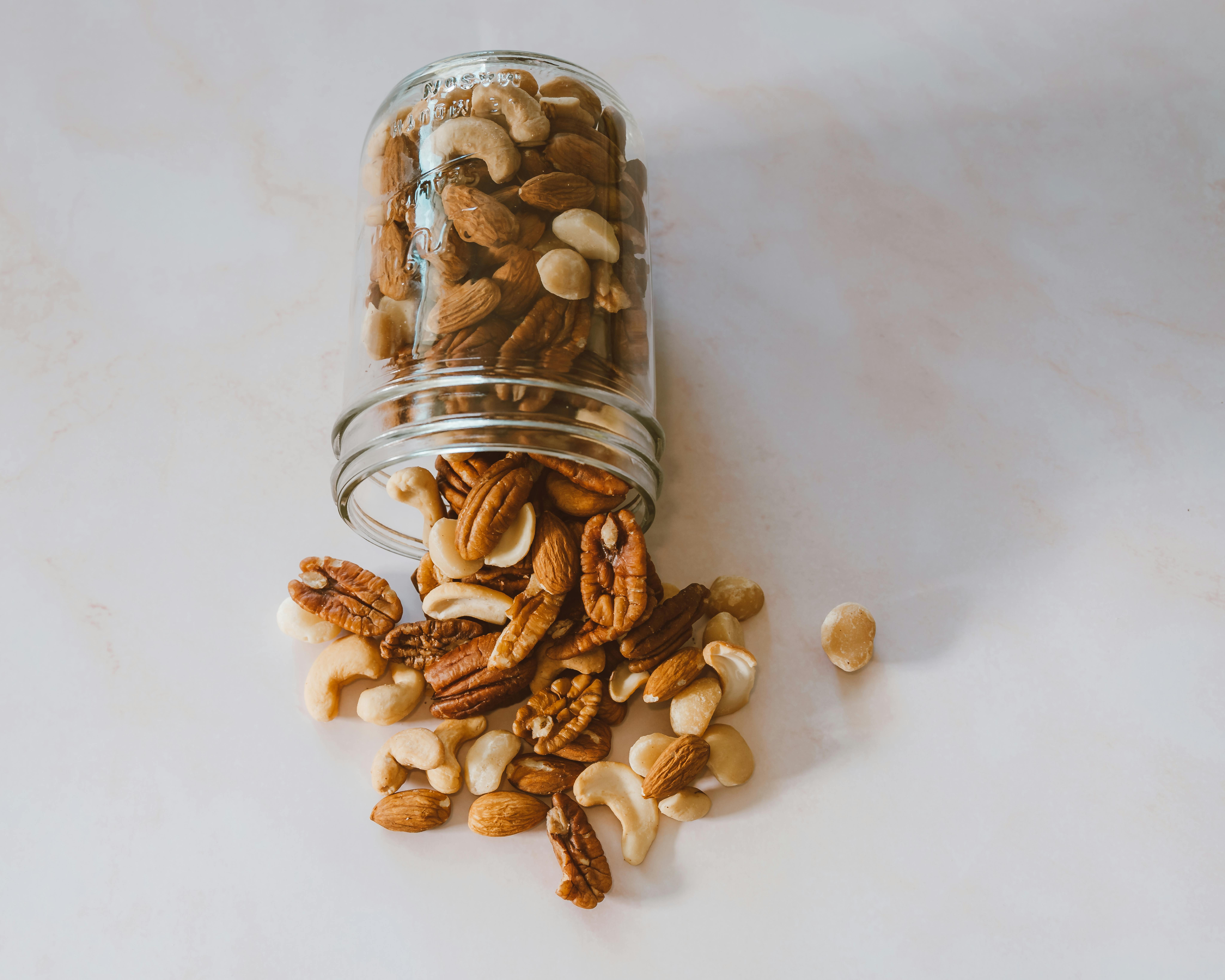
Manganese is an essential trace mineral that plays a crucial, yet often overlooked, role in maintaining the health and elasticity of your arteries. It acts as a necessary cofactor for enzymes responsible for producing connective tissue and for activating superoxide dismutase (SOD), one of the body's most powerful internal antioxidants. SOD is vital for neutralizing free radicals that attack blood vessel walls, leading to stiffness and high blood pressure. Ensuring adequate daily intake of manganese—found in pecans, hazelnuts, whole grains, and dark leafy vegetables—supports the internal defense mechanisms that keep your arteries flexible and responsive.
68. The Daily "Aortic Unload" (Feet Up)

Adopting the habit of lying flat with your legs elevated against a wall for 10-15 minutes (often called "Legs-Up-The-Wall" pose) serves as a unique physiological reset for your circulatory system. This simple posture uses gravity to drain pooled blood and lymph fluid from your lower extremities back toward the heart, effectively giving the blood vessels in your legs a brief but powerful "rest" from the constant downward pull. This temporary aortic unloading promotes deep relaxation by activating the parasympathetic nervous system and prevents chronic venous pooling that contributes to systemic pressure.
69. The 10-Minute 'Gratitude Journal' Reset

Chronic, unexpressed worry and stress fuel hypertension by keeping the hormone cortisol chronically elevated, which constricts blood vessels. A powerful, non-physical habit is dedicating 10 minutes daily to writing a Gratitude Journal. This intentional act of focusing on positive emotions—even small ones—actively shifts your brain's circuitry from the sympathetic ("fight or flight") state to the parasympathetic ("rest and digest") state. Research shows that consistent gratitude practice directly lowers cortisol levels and heart rate variability, interrupting the biochemical loop that drives chronic hypertension. This mental reset offers a quiet, profound way to address the emotional and neurological roots of high blood pressure, transforming your internal stress chemistry.
70. Cultivate Awe and Wonder (The Psychological Reset)

Beyond meditation or gratitude, actively seeking out experiences of awe—feeling small in the presence of vastness, whether contemplating the night sky or standing beside a large body of water—is a unique and powerful neurological tweak. Experiencing awe has been shown to immediately reduce the pro-inflammatory chemicals that drive hypertension. This complex emotion silences the "self-focused" chatter that fuels chronic stress and triggers a profound shift toward the parasympathetic nervous system (rest and digest). Making it a habit to seek moments of wonder, even through photos or short nature videos, provides an accessible, non-physical method to interrupt the stress-inflammation loop and promote a sustained reduction in vascular tension.
71. Consciously Regulate Noise Input (The Auditory Shield)

Uncontrolled noise exposure is a major, yet often ignored, modern stressor that contributes to elevated blood pressure. Chronic exposure to loud, erratic, or high-frequency sounds (traffic, construction, open-plan office chatter) keeps your brain and nervous system in a constant state of hypervigilance (sympathetic activation). Develop a non-negotiable habit of consciously regulating your auditory environment. Use noise-cancelling headphones in busy areas, play calming instrumental music at a low volume, or incorporate white/pink noise during work or sleep. Reducing this constant, unpredictable auditory load minimizes the chronic release of stress hormones like adrenaline and cortisol, providing a critical, modern buffer for sustained cardiovascular calm.
72. The 60-Second Ocular/Cervical Reset (Controlled Head Movement)

Stress and prolonged screen time cause tension to lock into the neck muscles, which restricts blood flow and keeps the nervous system hyper-vigilant. Adopt a habit of performing a slow, controlled neck stretch and head turn drill. Sit or stand tall and very slowly drop your chin toward your chest. Then, slowly roll your head side-to-side (ear-to-shoulder), pausing for three seconds in the relaxed position. This intentional, gentle motion releases tension in the suboccipital muscles (base of the skull) and helps re-establish proper baroreceptor function (pressure sensors) in the neck, promoting immediate relaxation and reducing the chronic head/neck bracing that quietly elevates systemic blood pressure.
73. Cultivate Awe and Wonder (The Psychological Reset)

Beyond meditation or gratitude, actively seeking out experiences of awe—feeling small in the presence of vastness, whether contemplating the night sky, watching a spectacular sunset, or standing beside a large body of water—is a unique and powerful neurological tweak. Experiencing awe has been shown to immediately reduce the pro-inflammatory chemicals that drive hypertension. This complex emotion quiets the "self-focused" chatter that fuels chronic stress and triggers a profound, sustained shift toward the parasympathetic nervous system (rest and digest). Making it a habit to seek out moments of wonder, even through photos or short nature videos, provides an accessible, non-physical method to interrupt the stress-inflammation loop and promote a sustained reduction in vascular tension.
A Holistic Approach to Health

Embracing these changes can lead to a healthier, more fulfilling life, reducing the risk of hypertension-related complications and enhancing quality of life. As with any health strategy, it's important to consult with healthcare professionals to tailor these habits to individual needs and circumstances, ensuring a personalized approach to blood pressure management.
